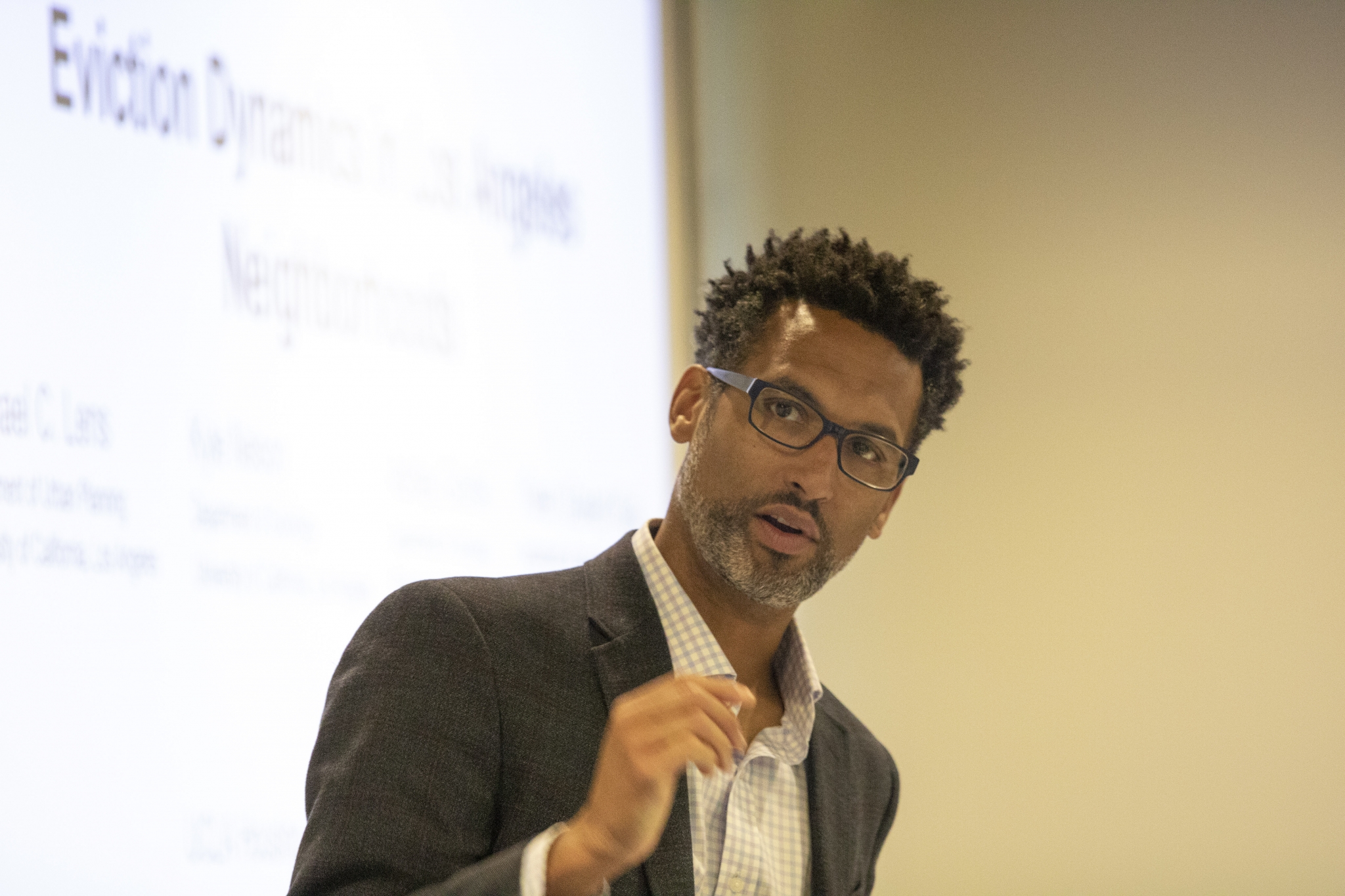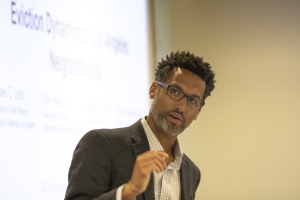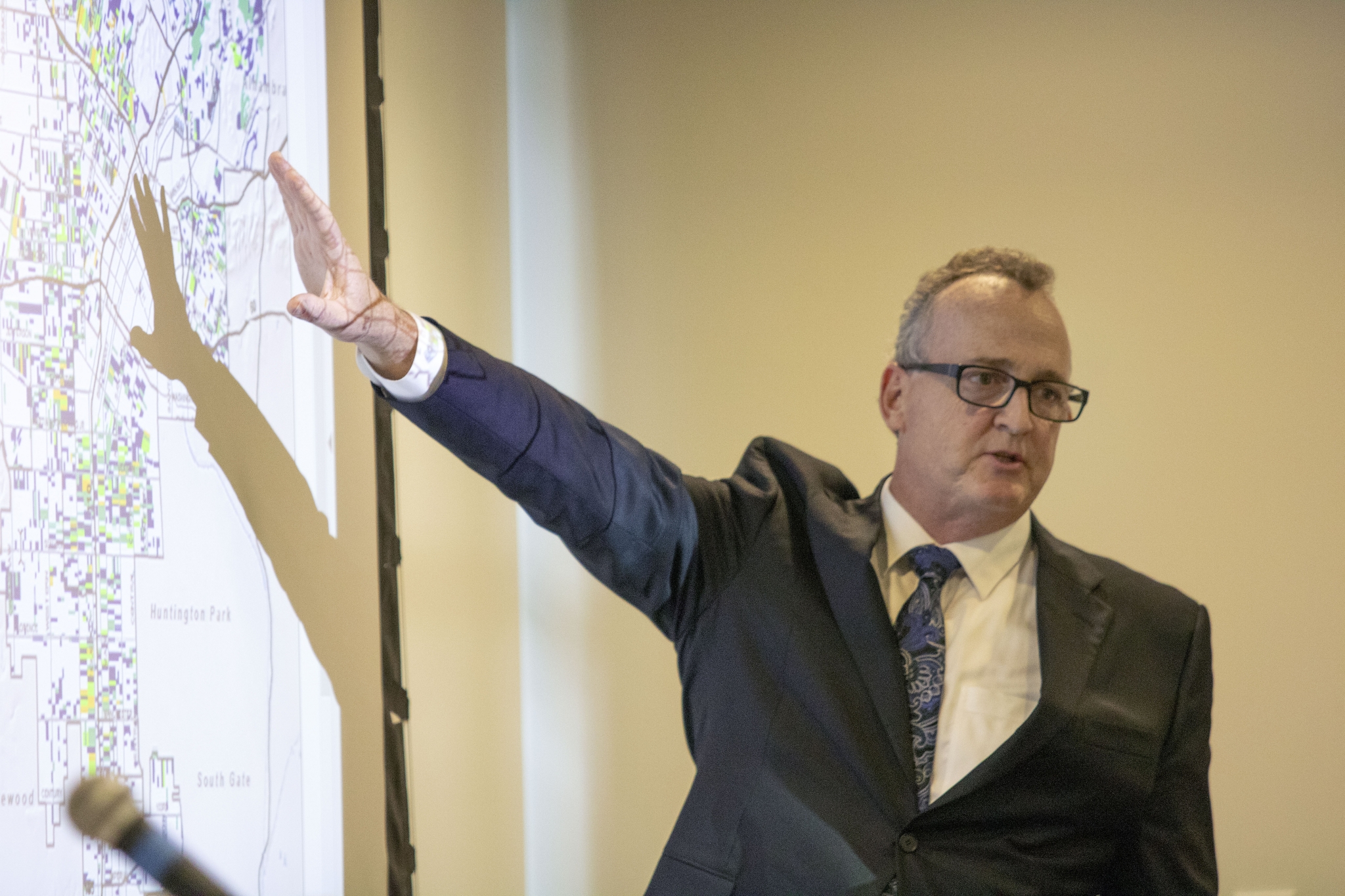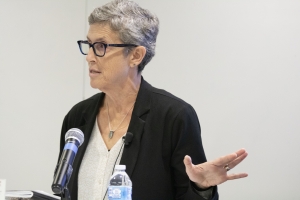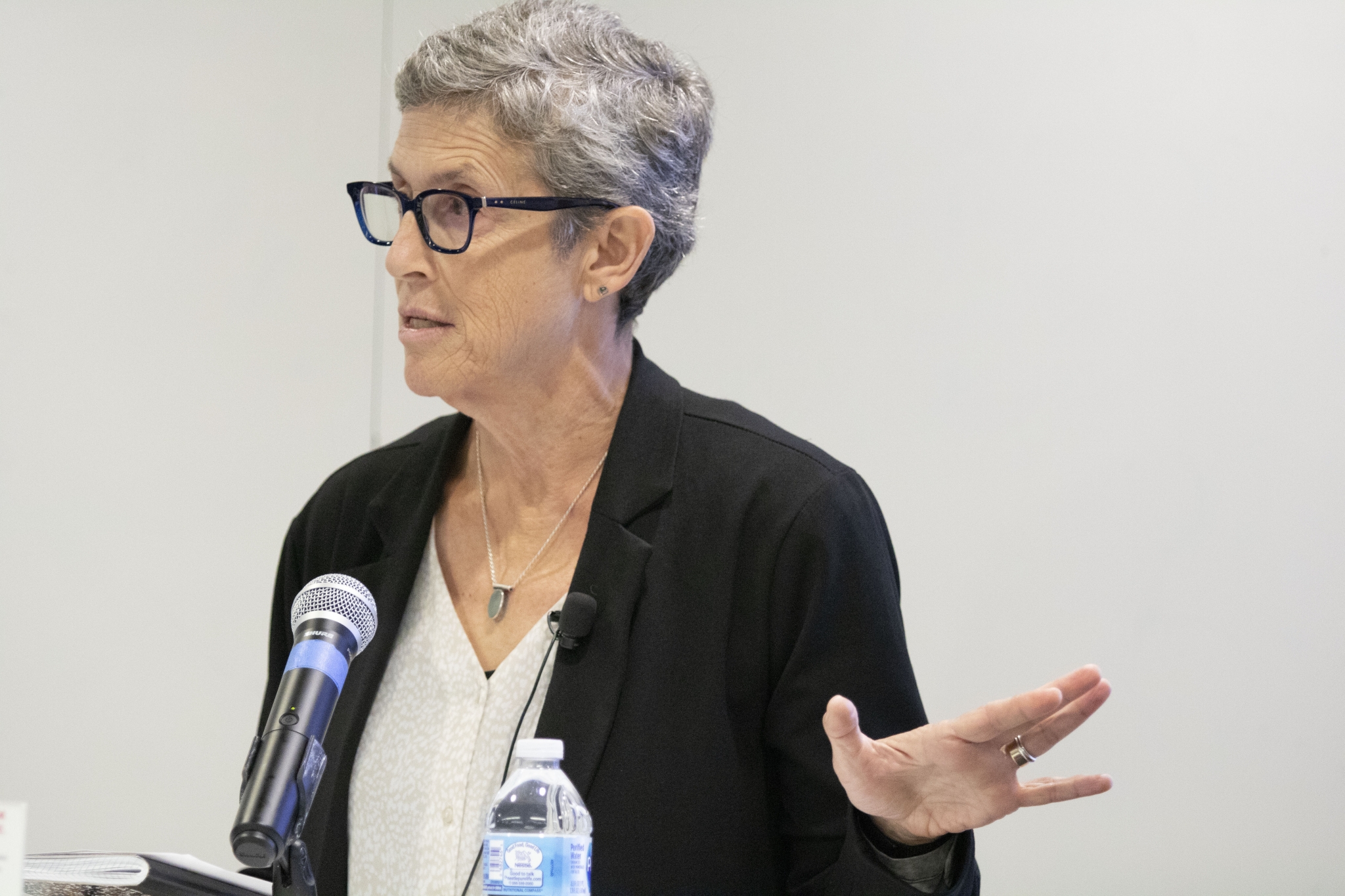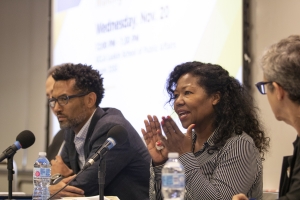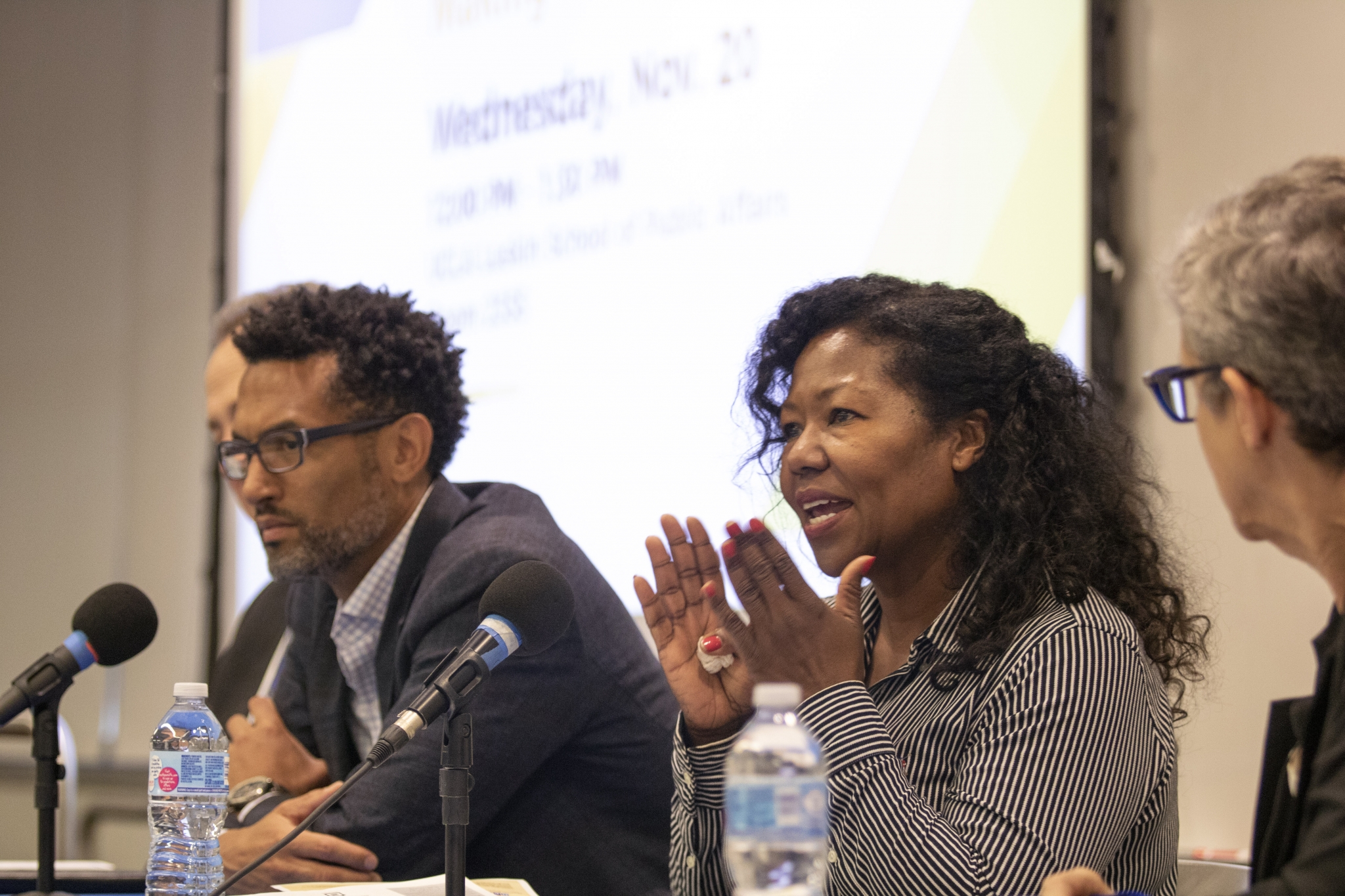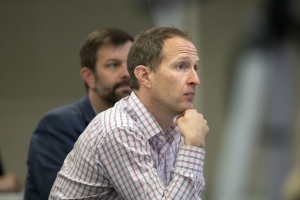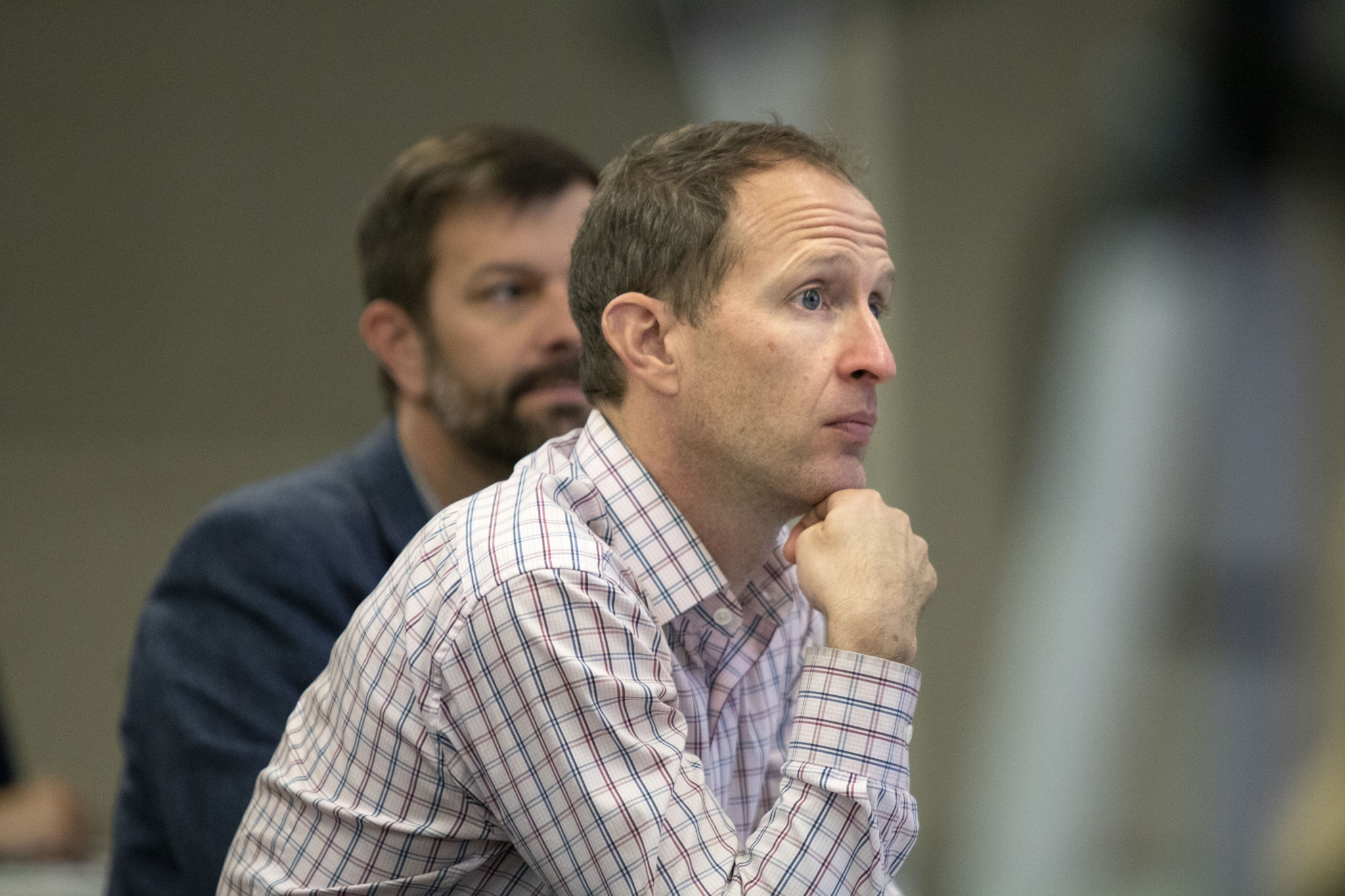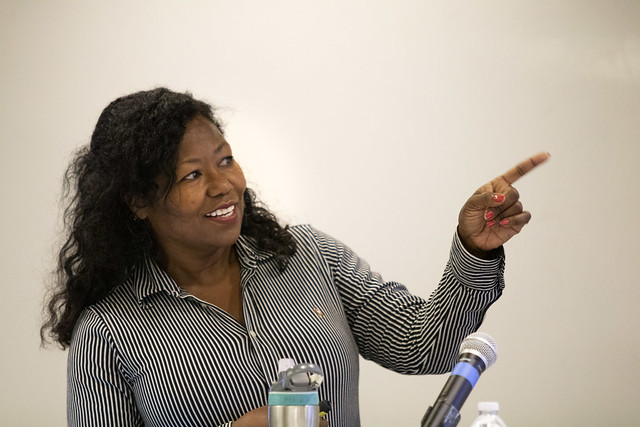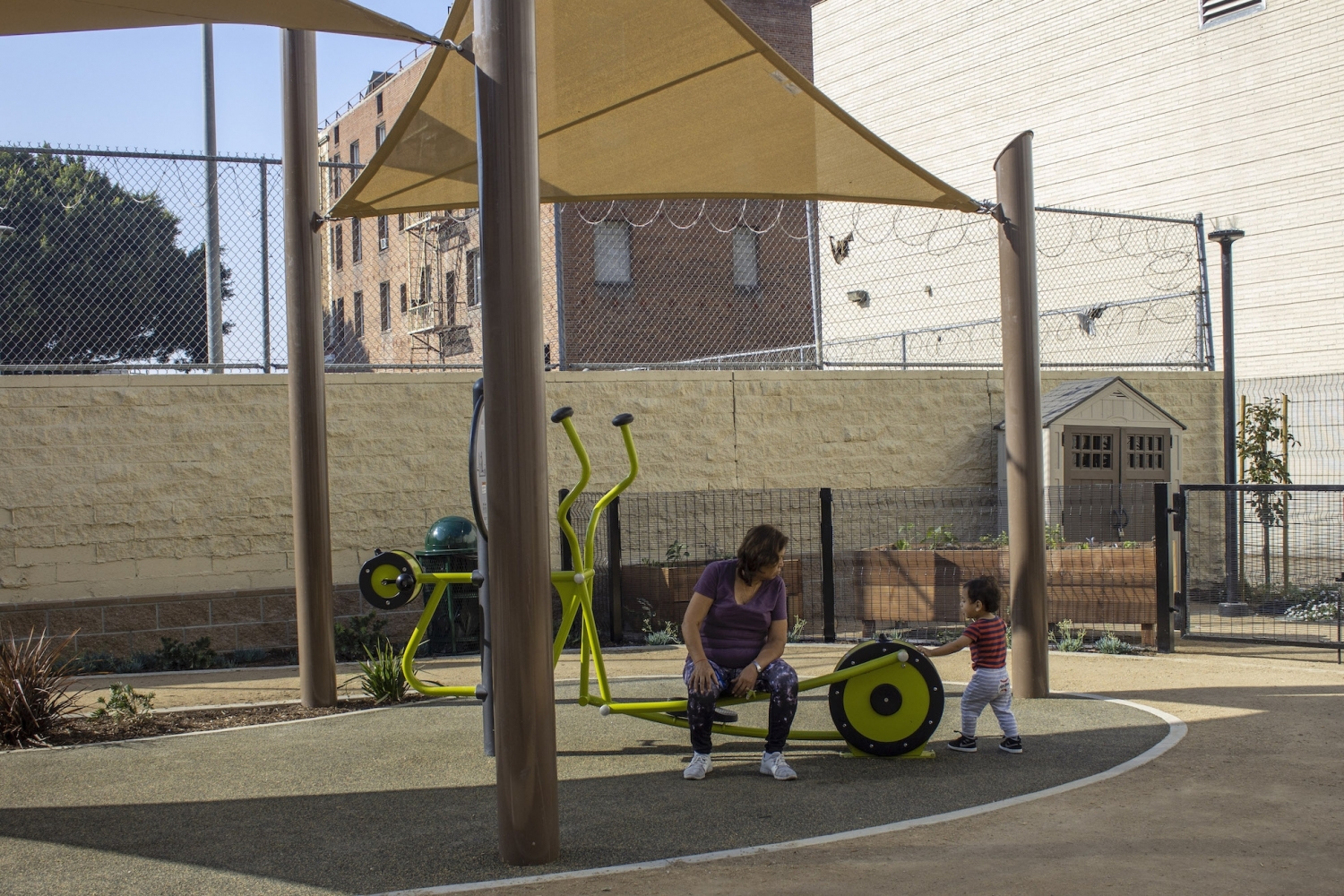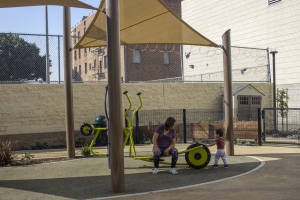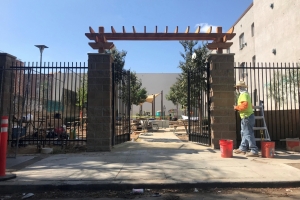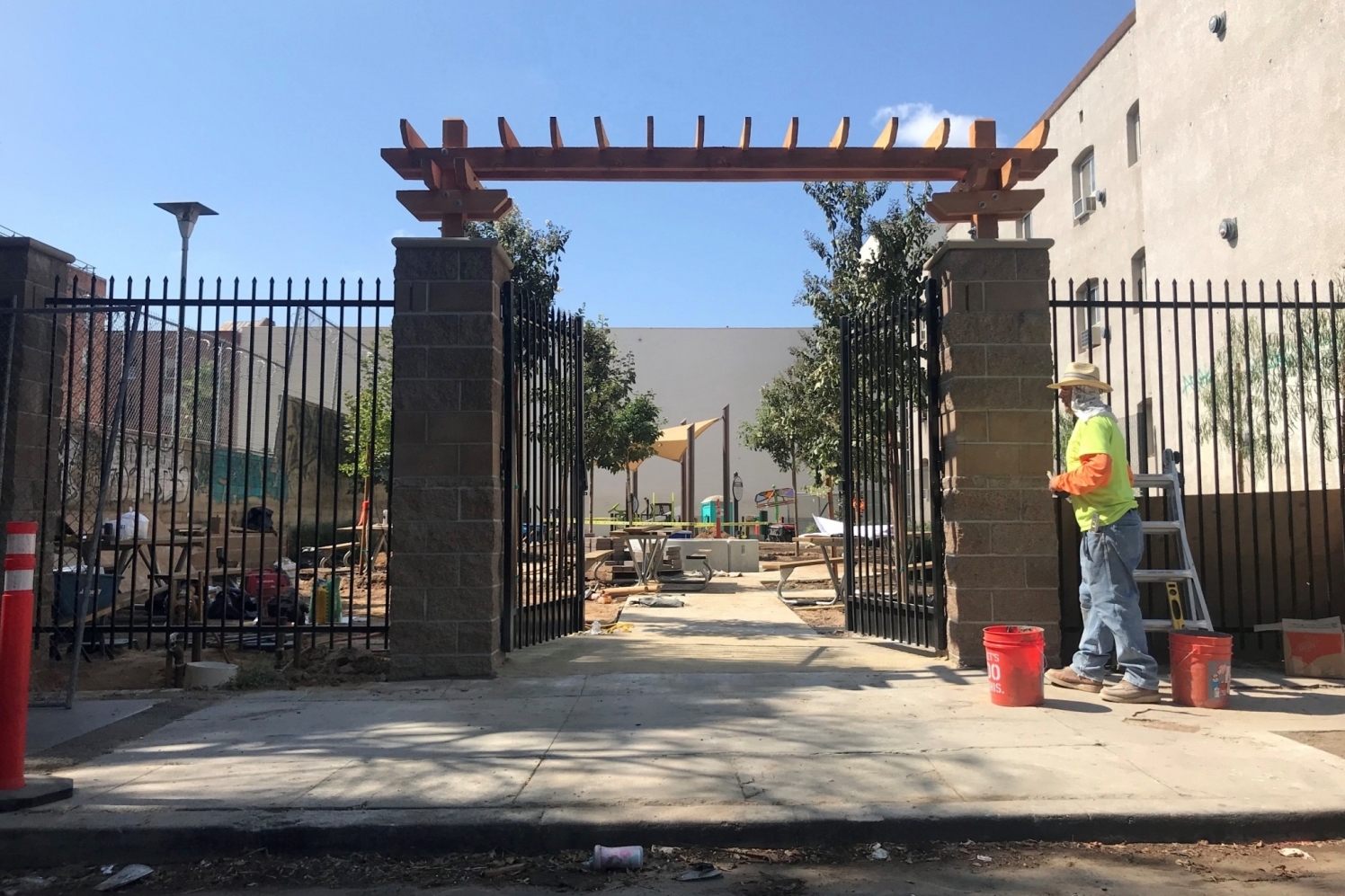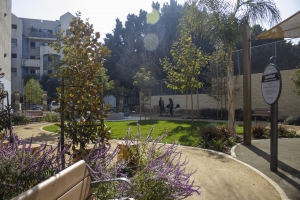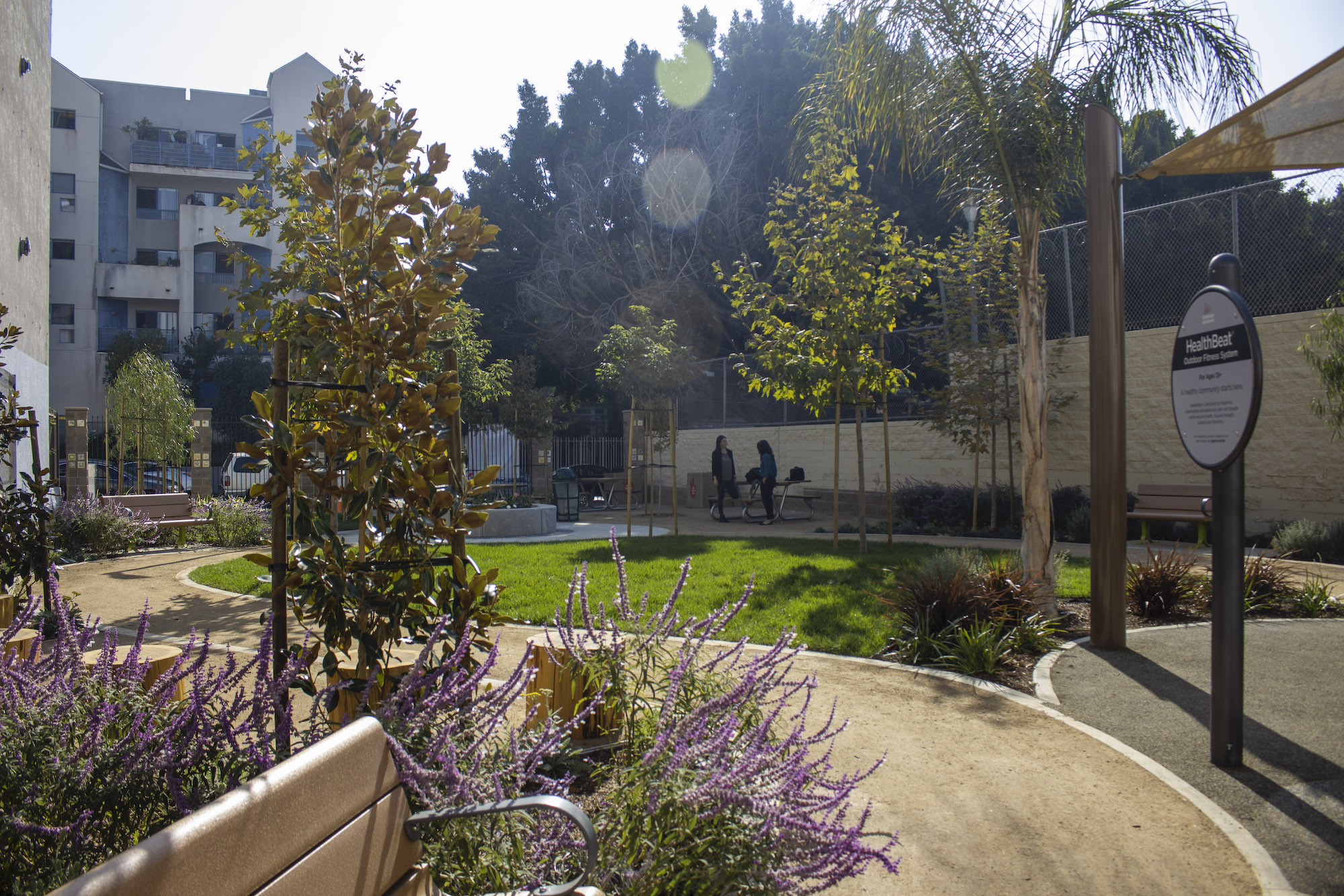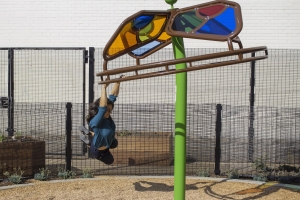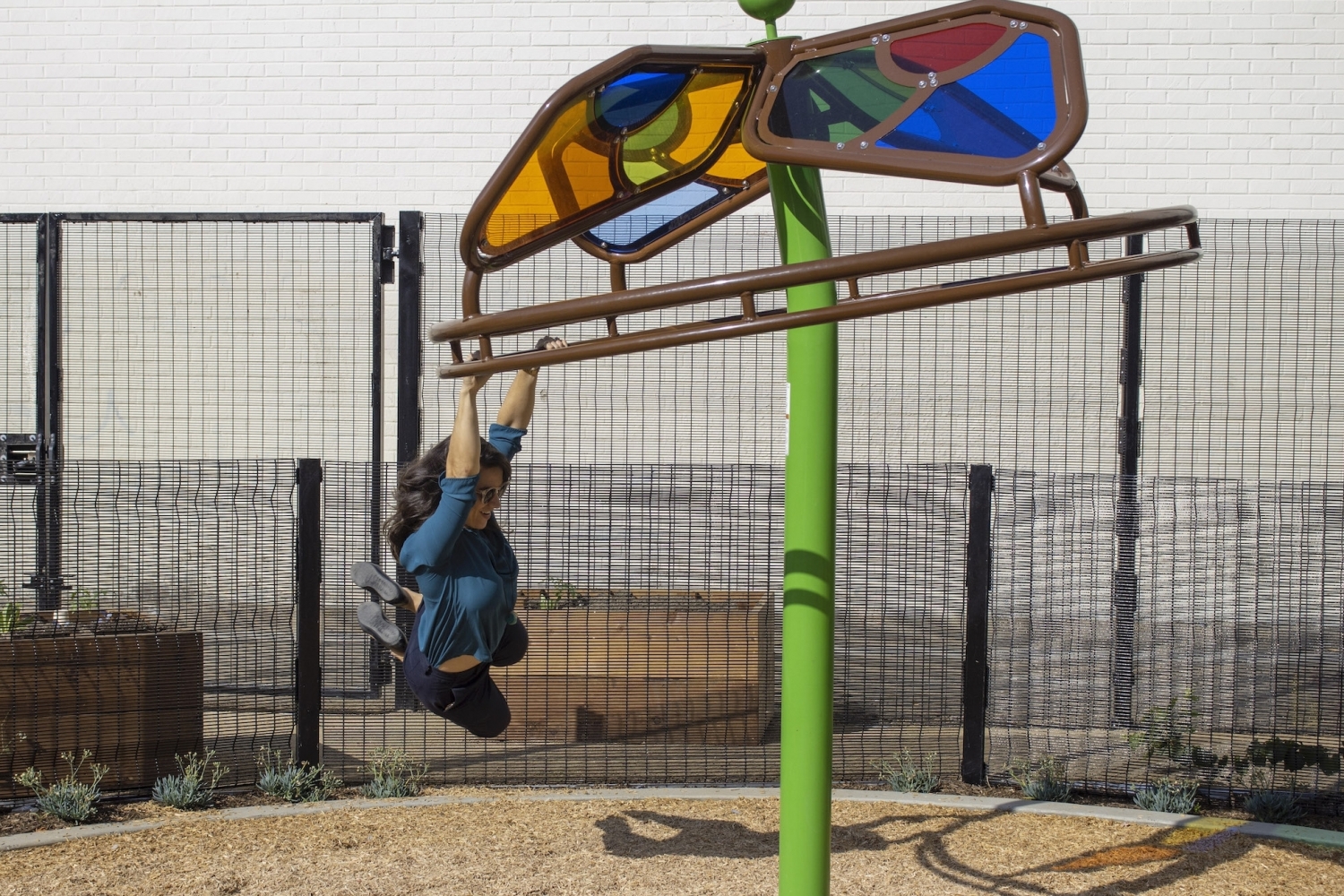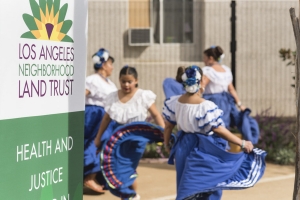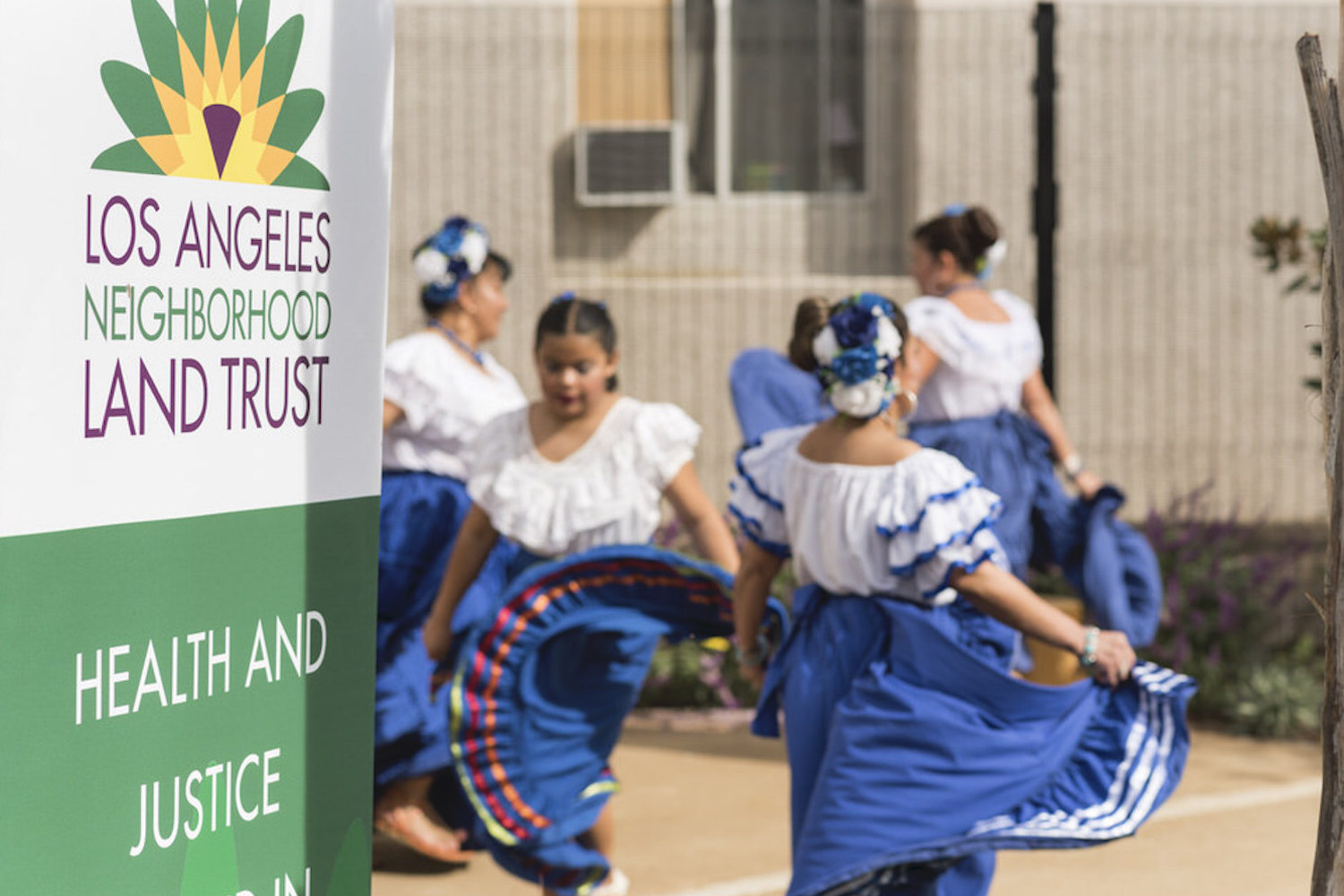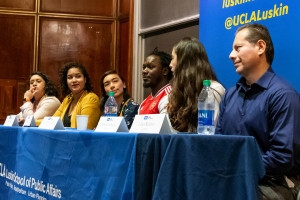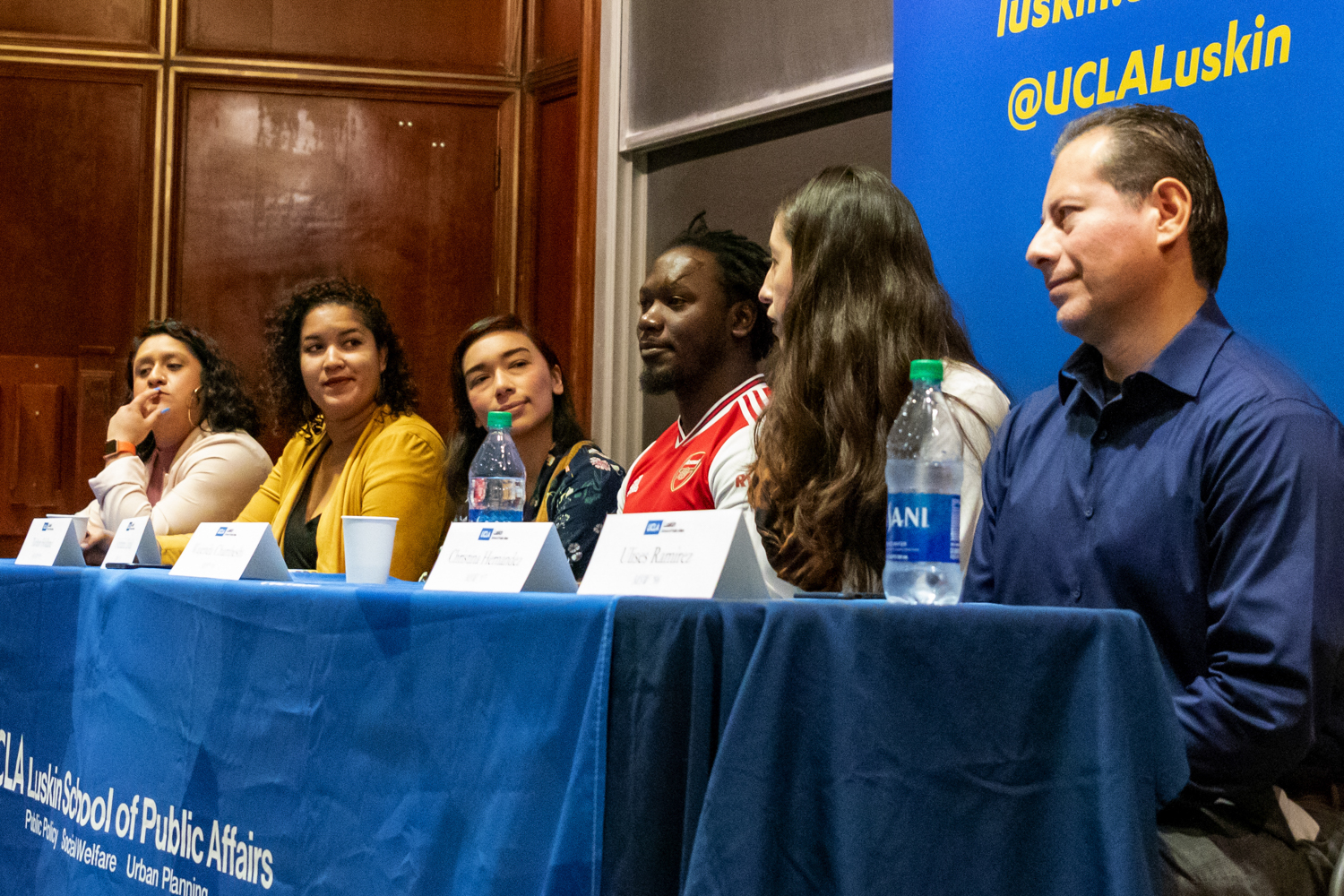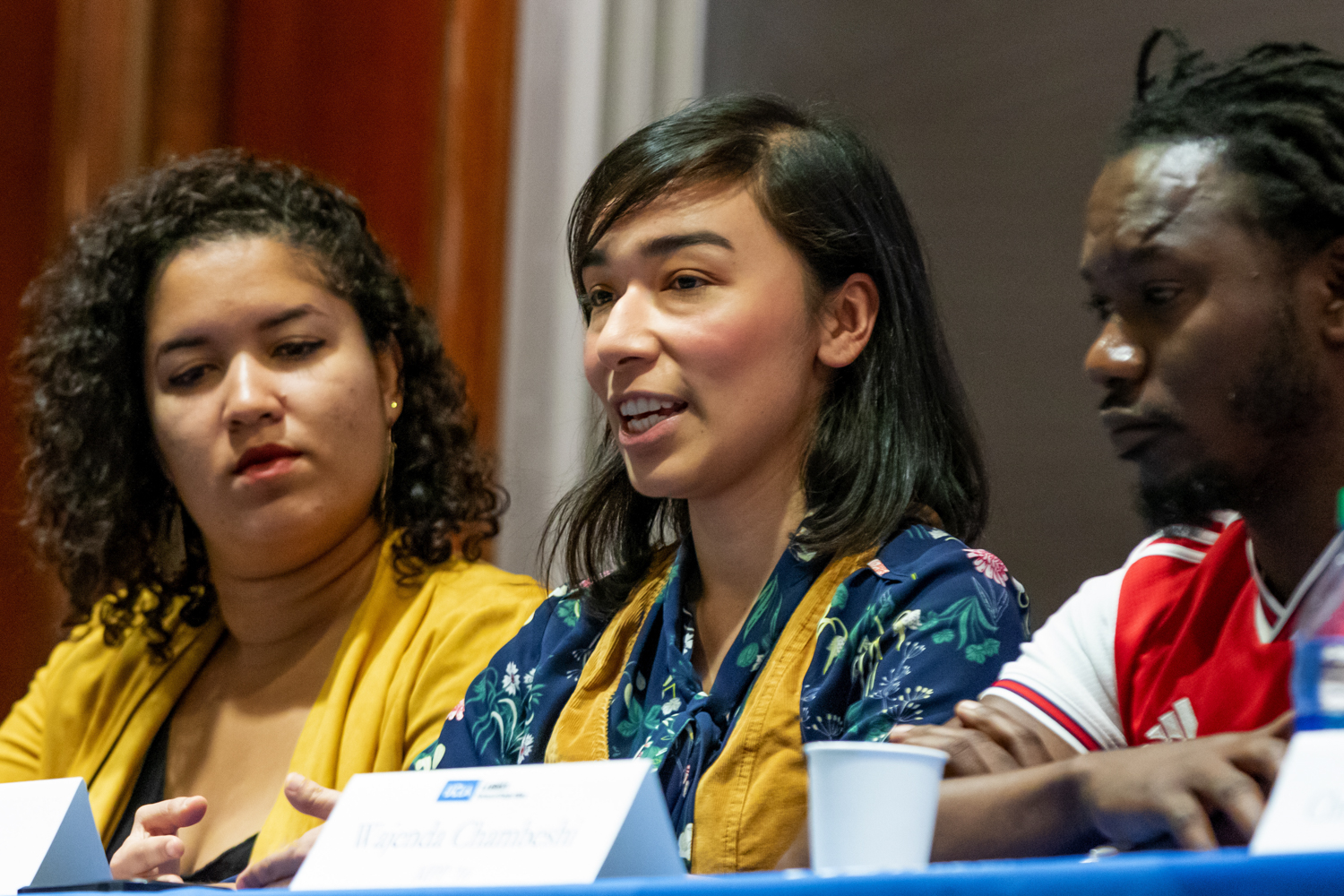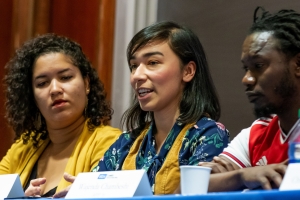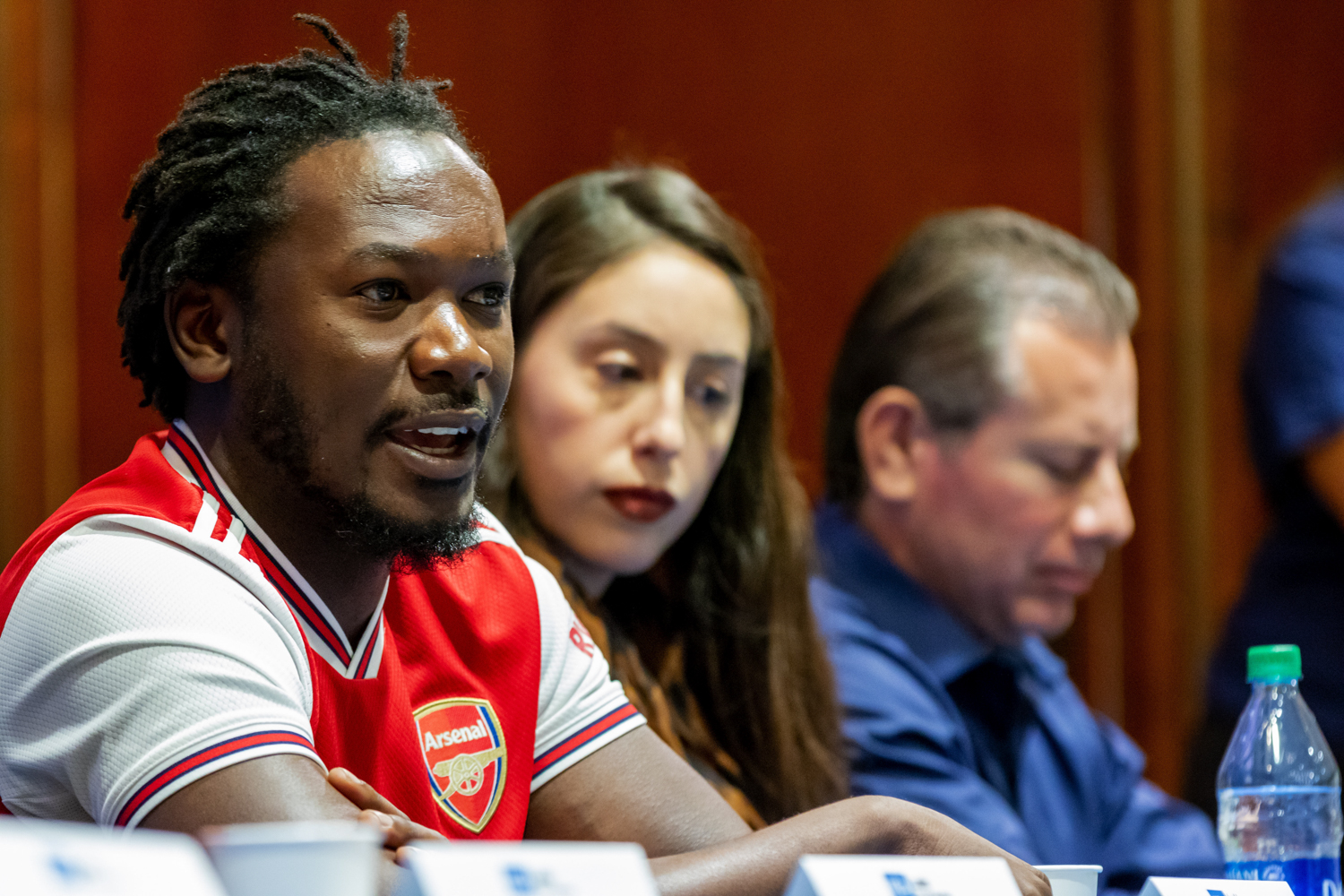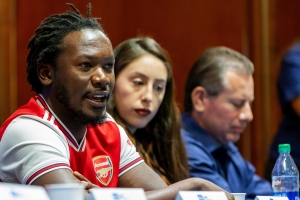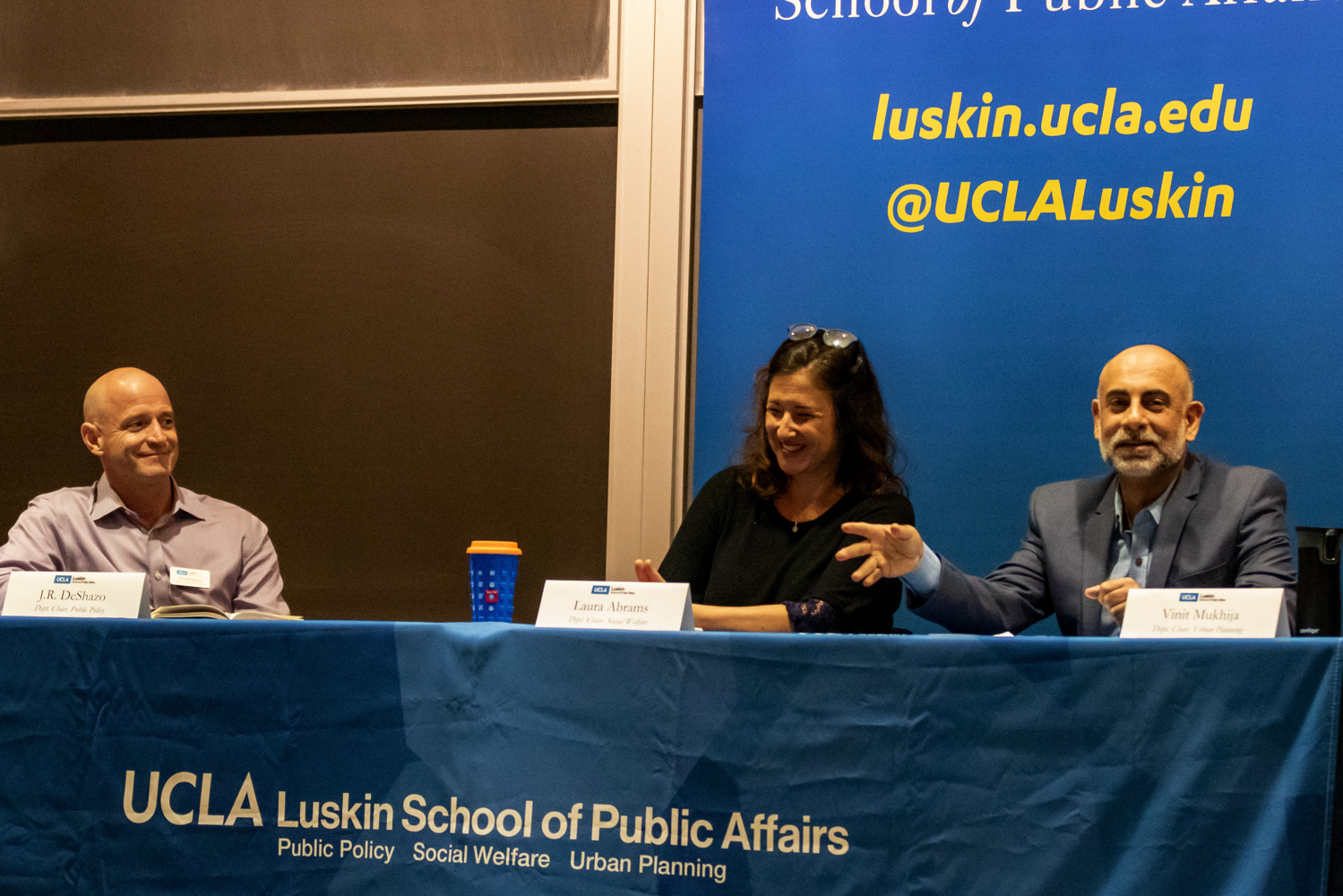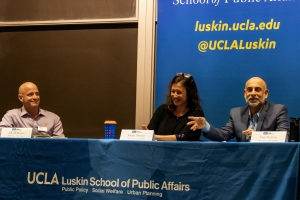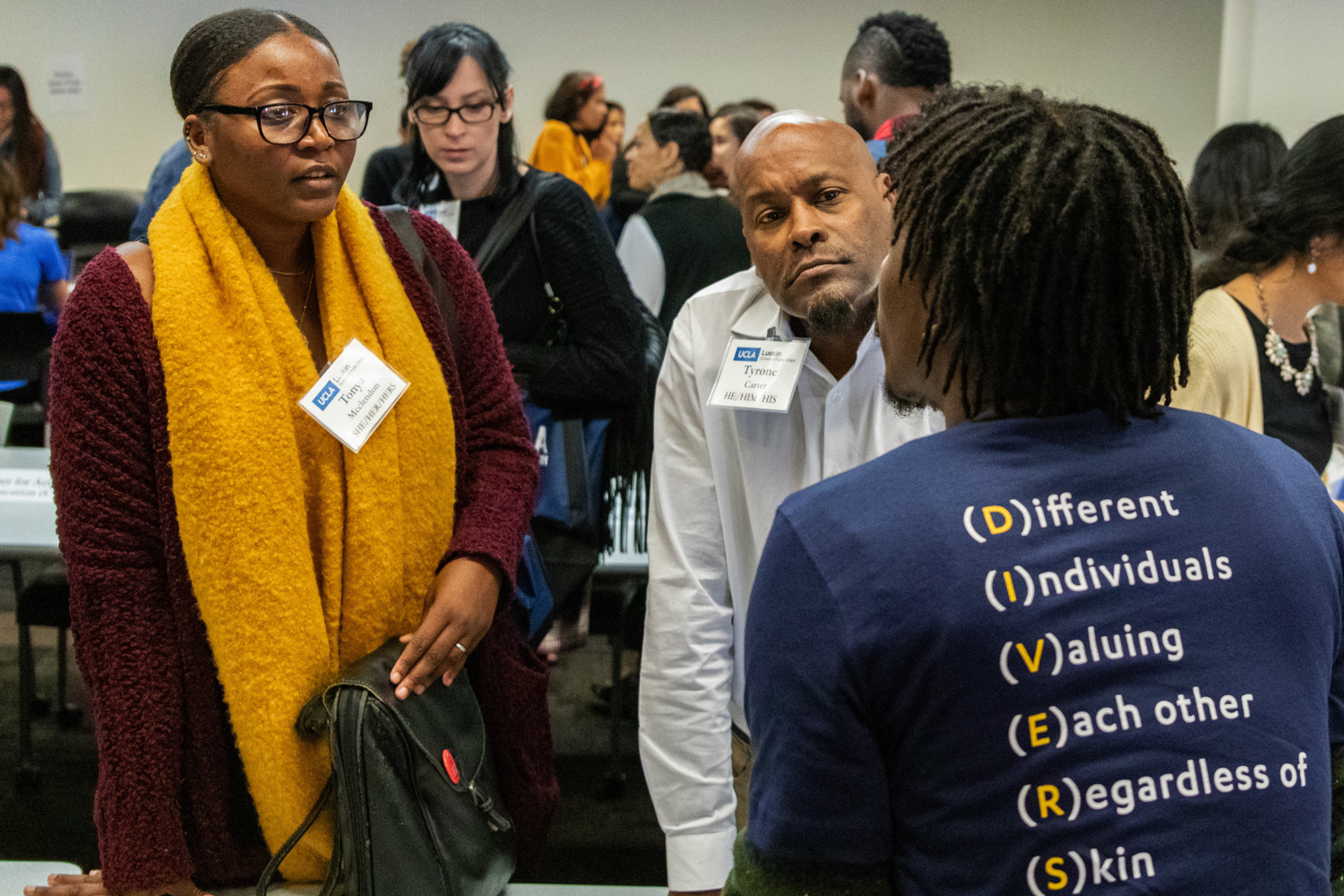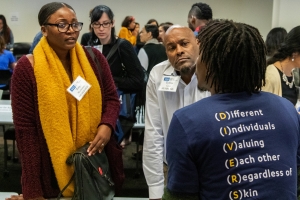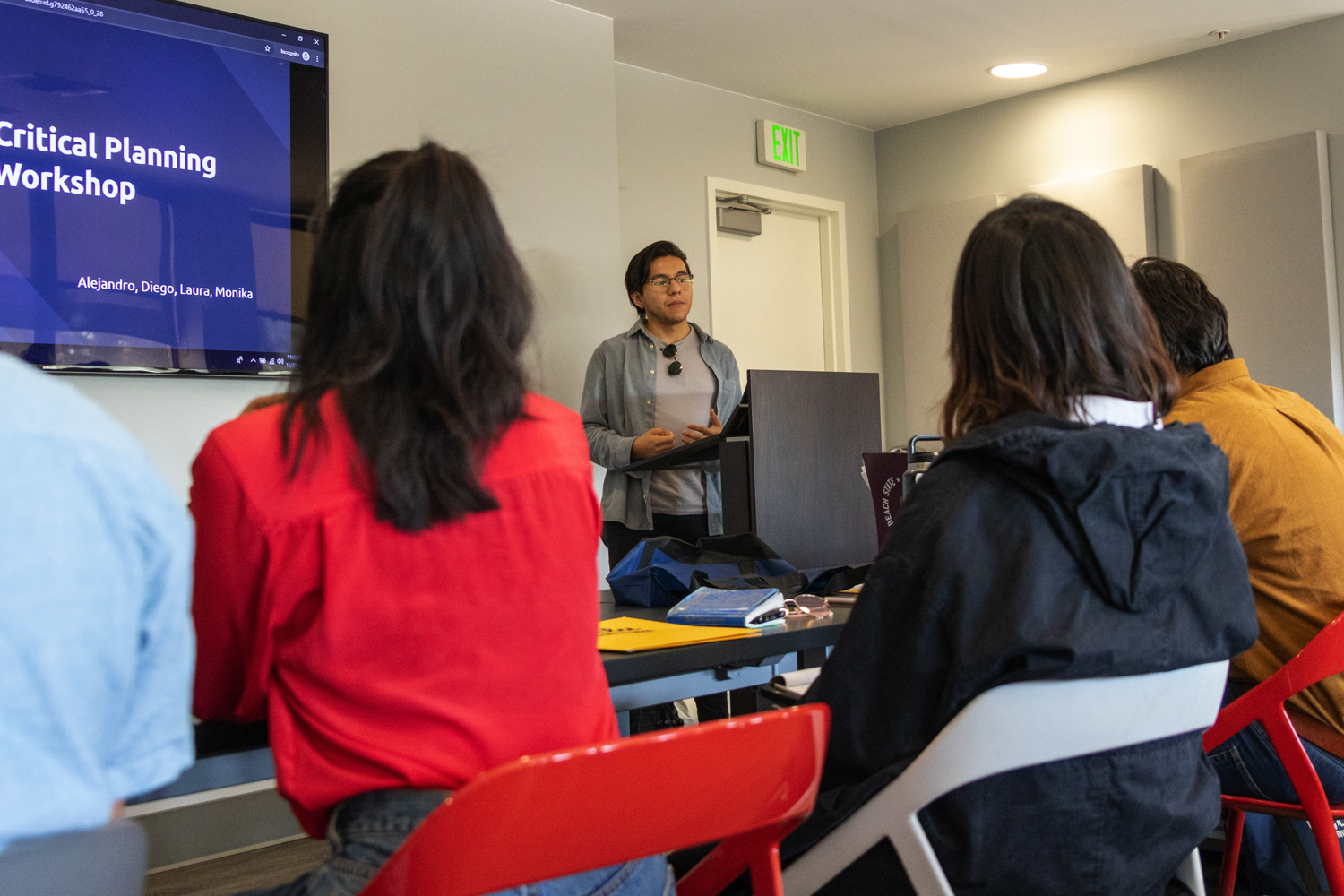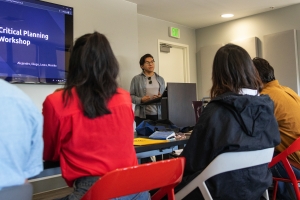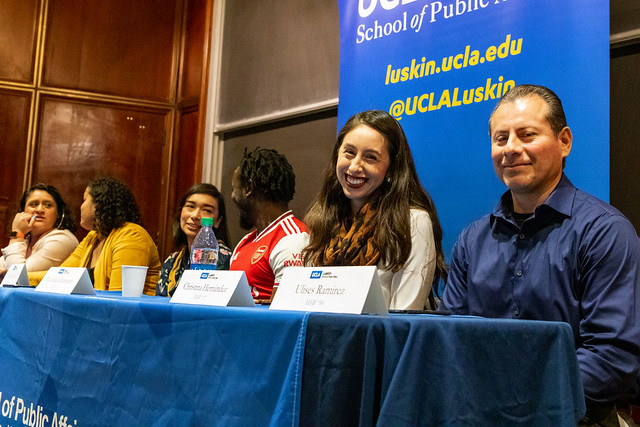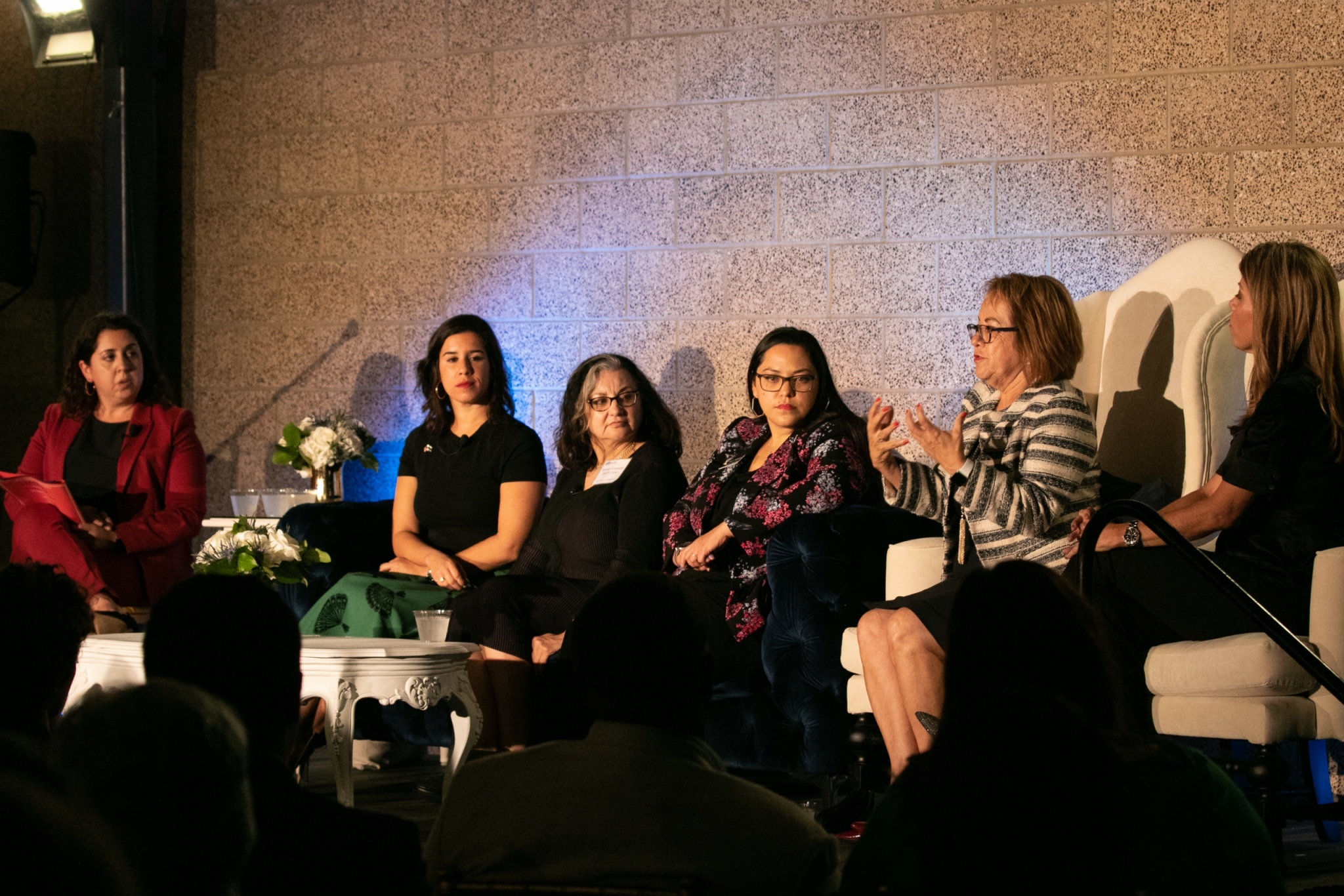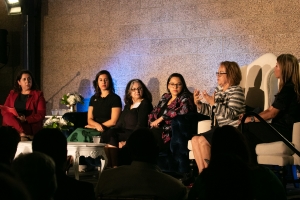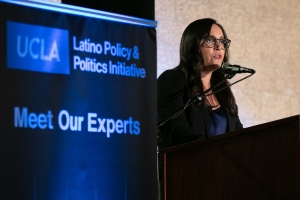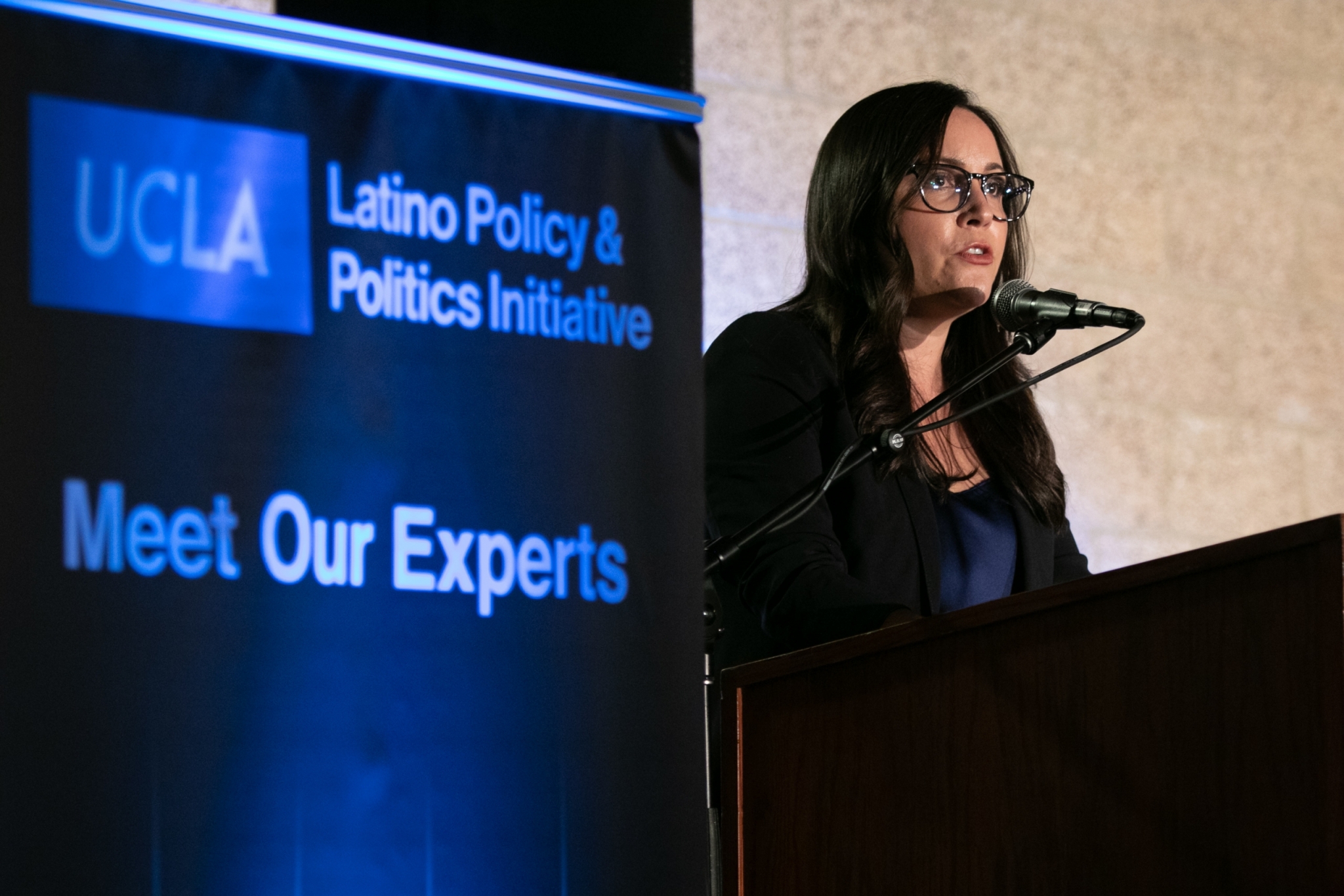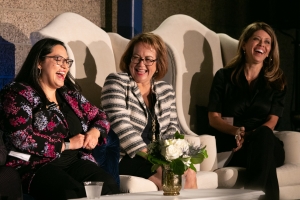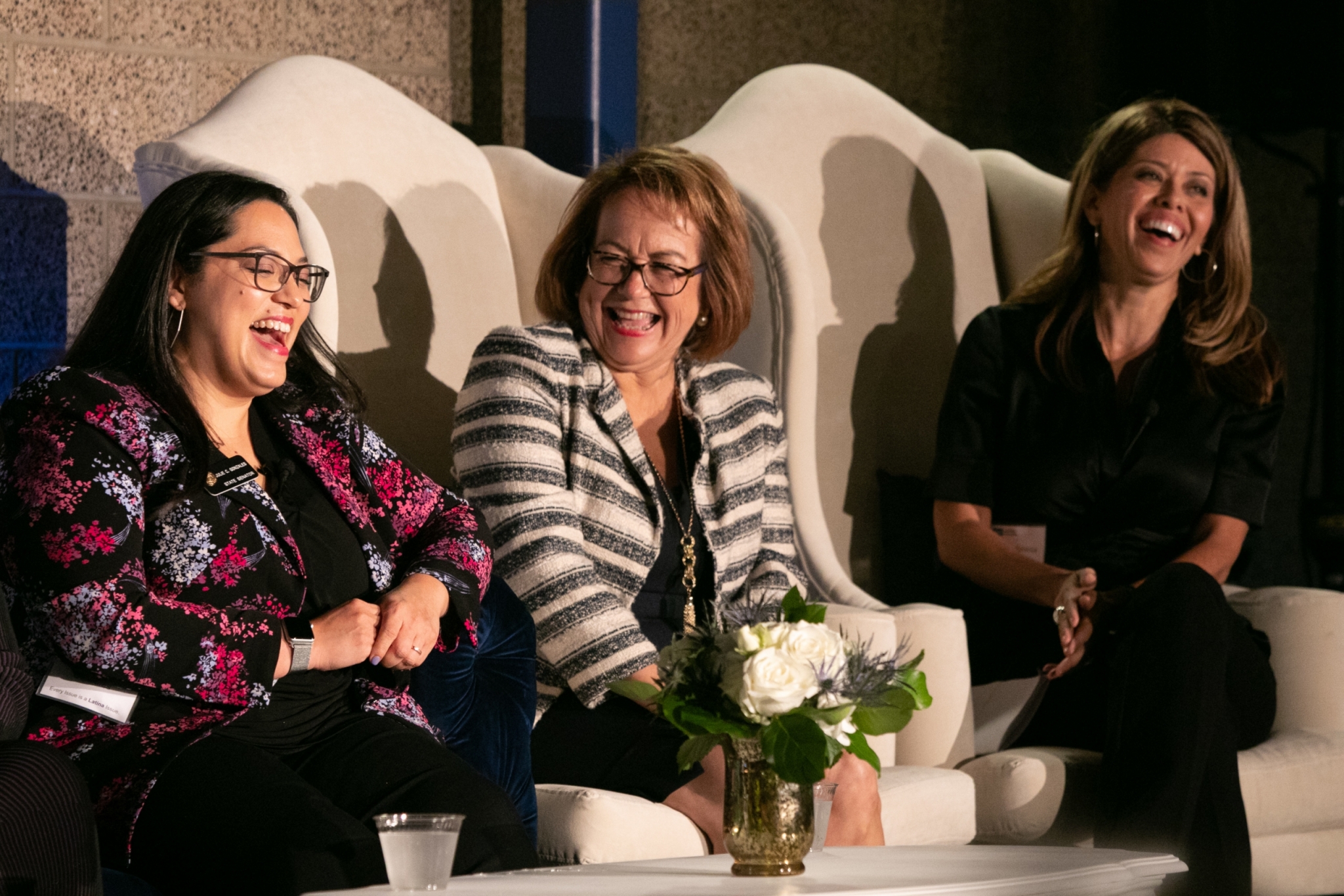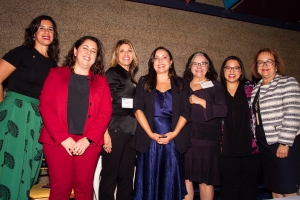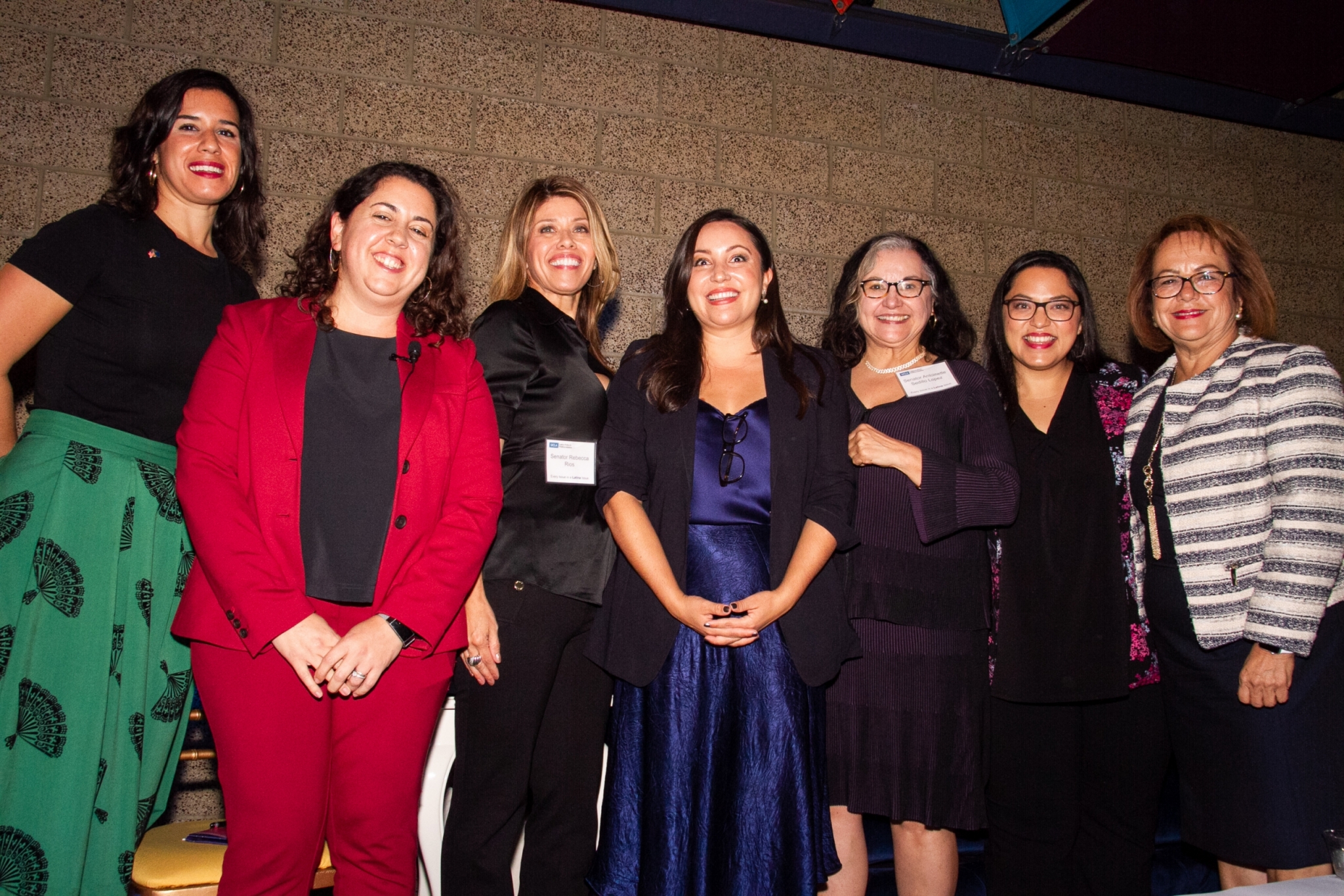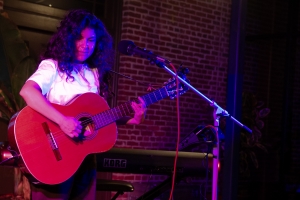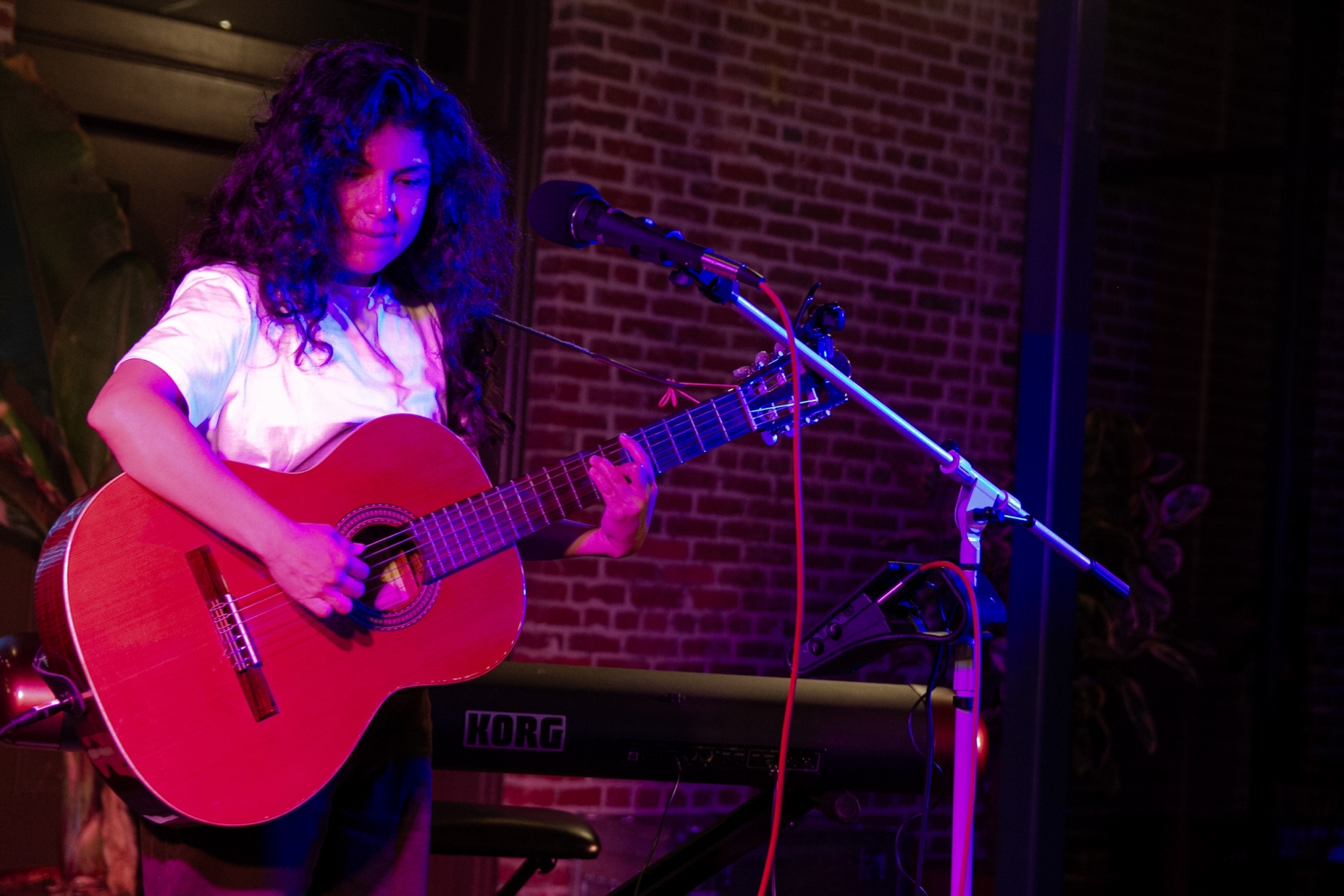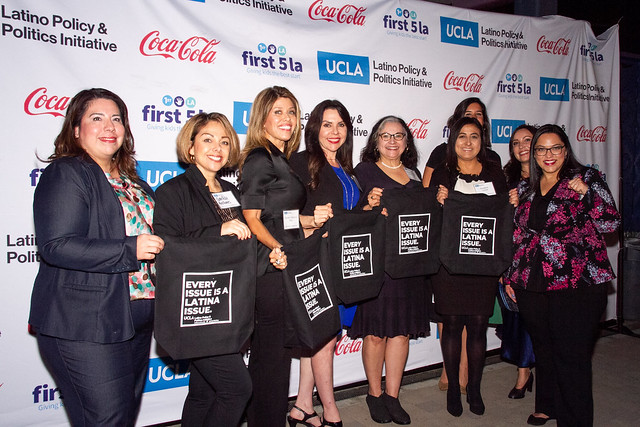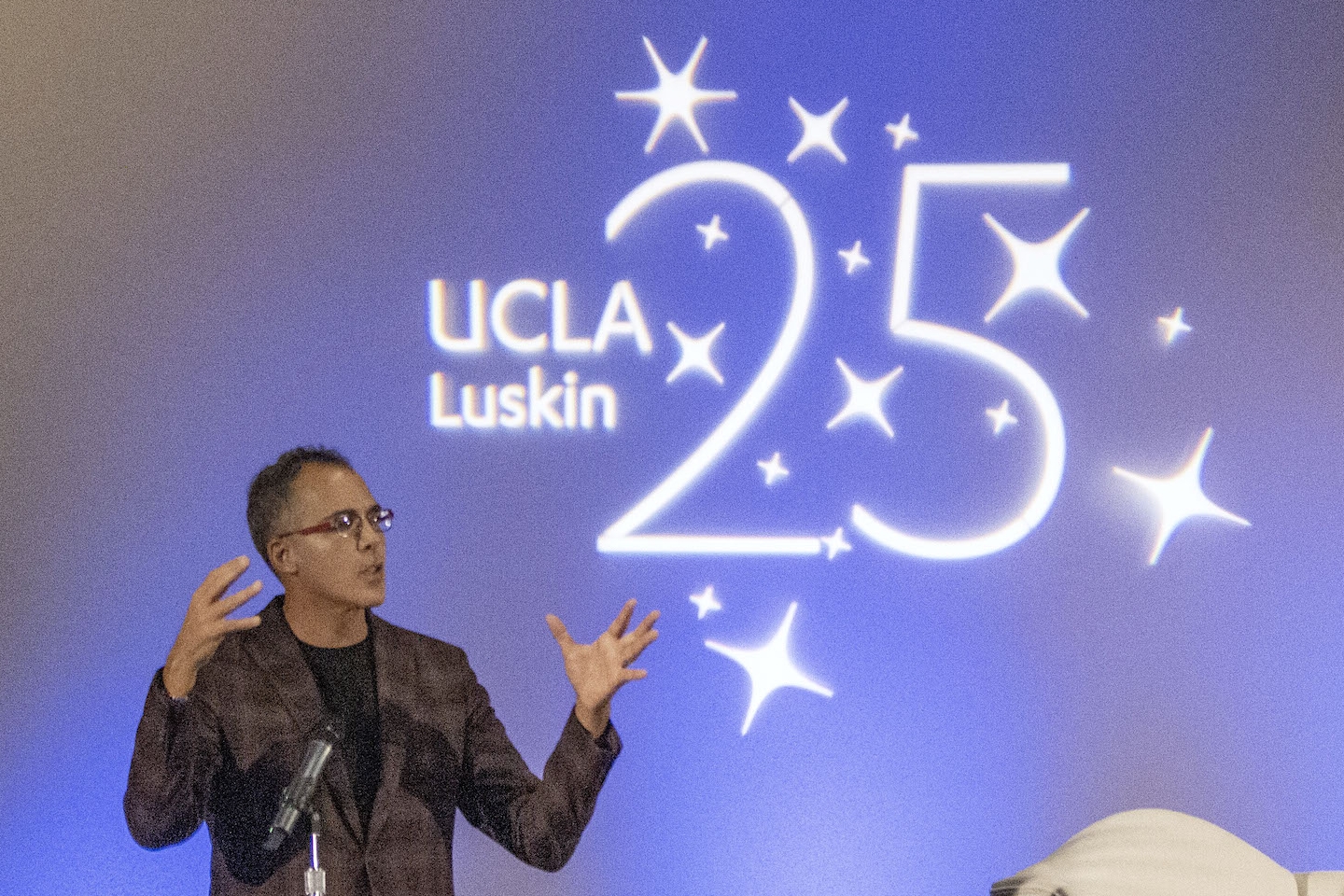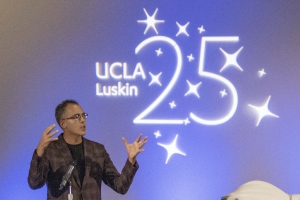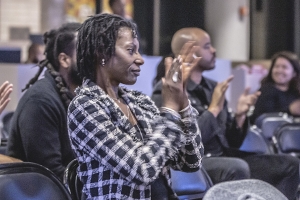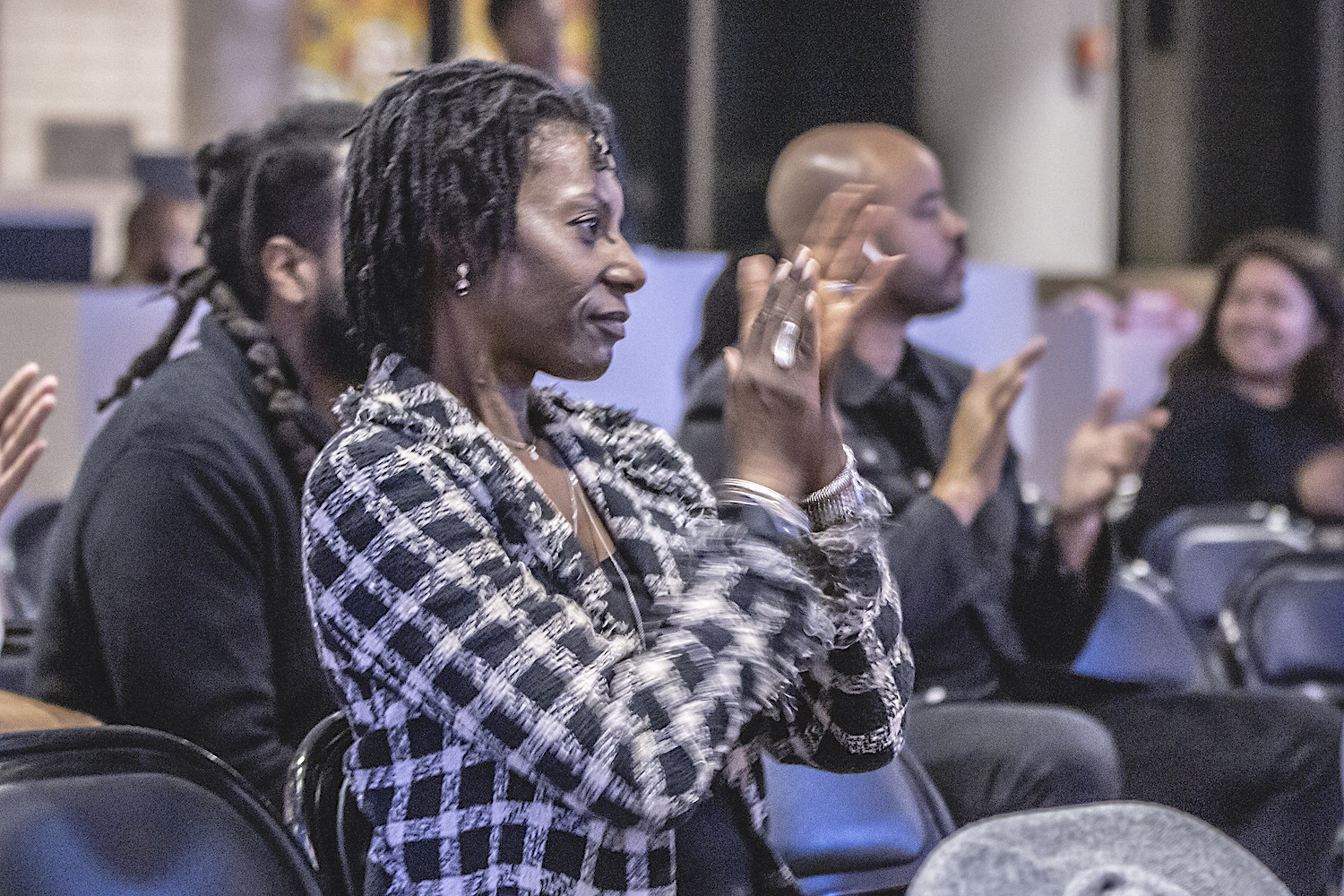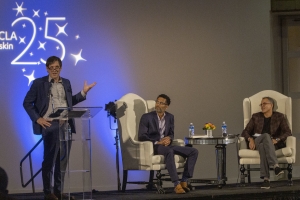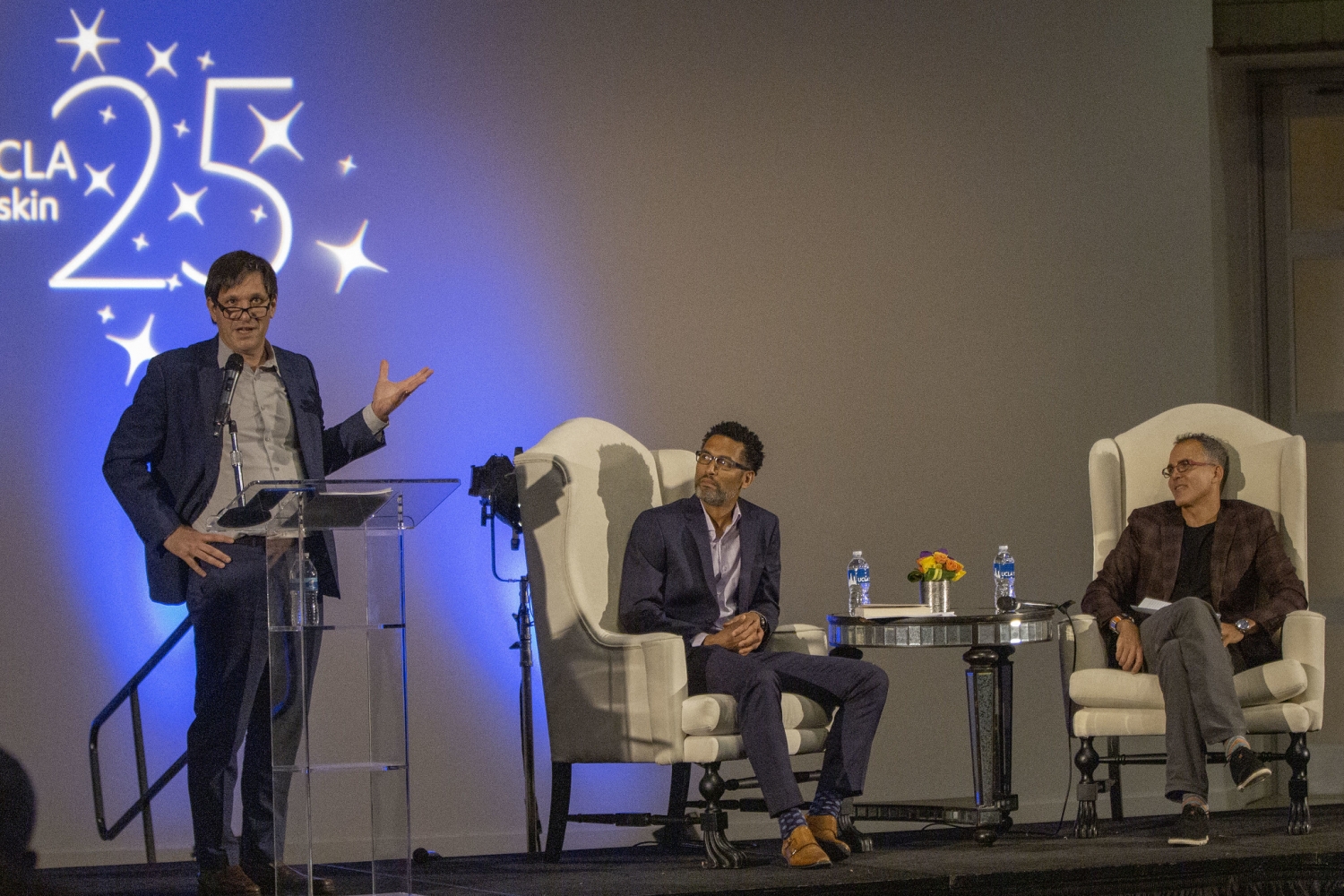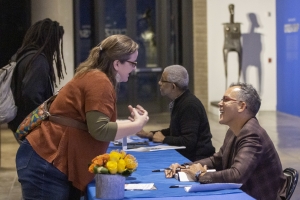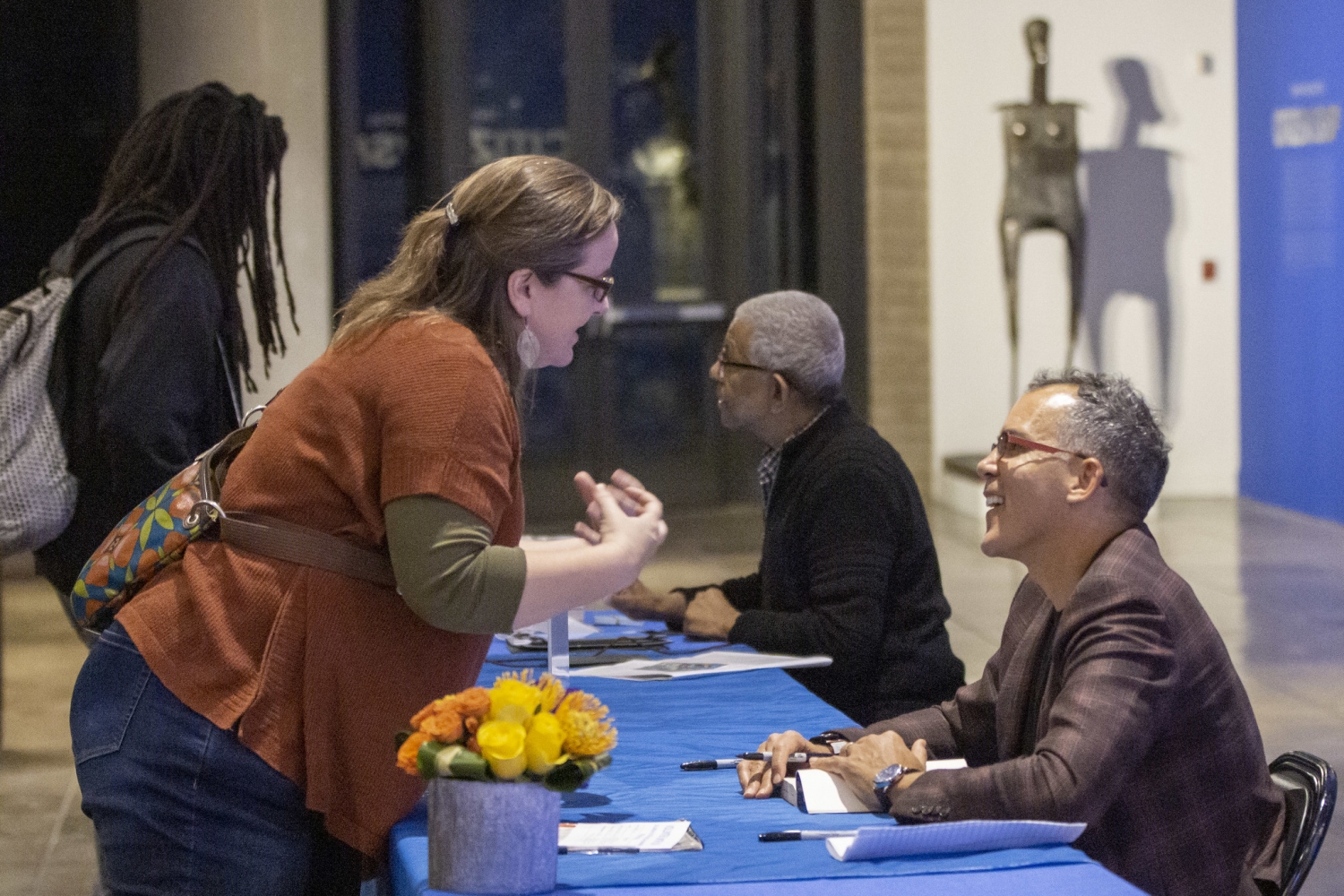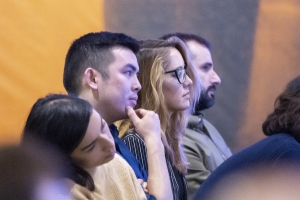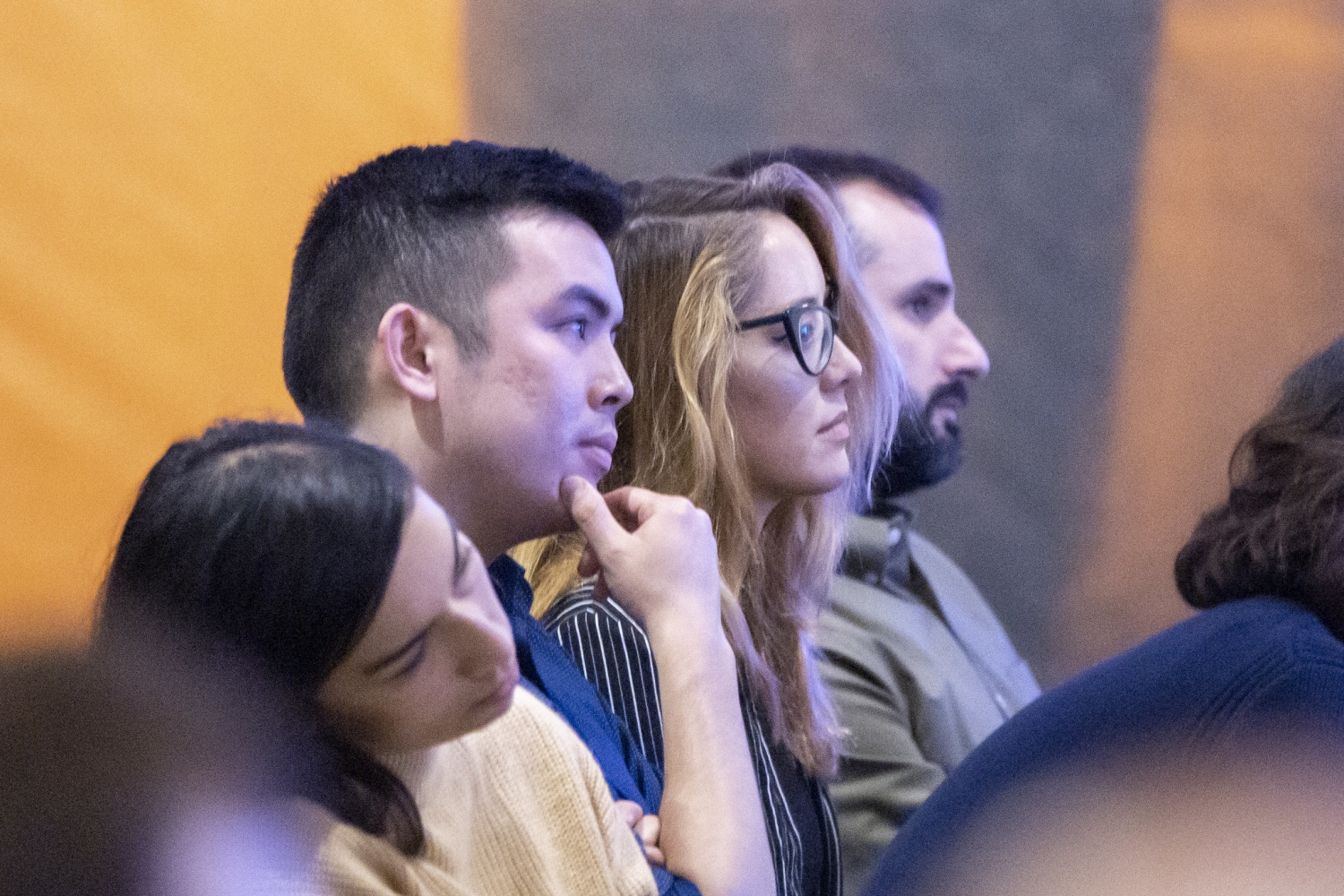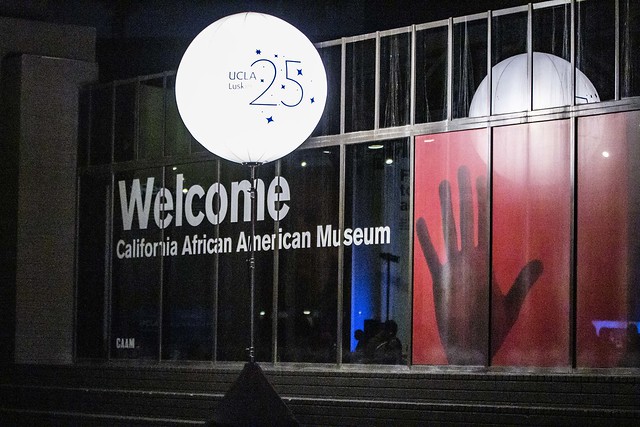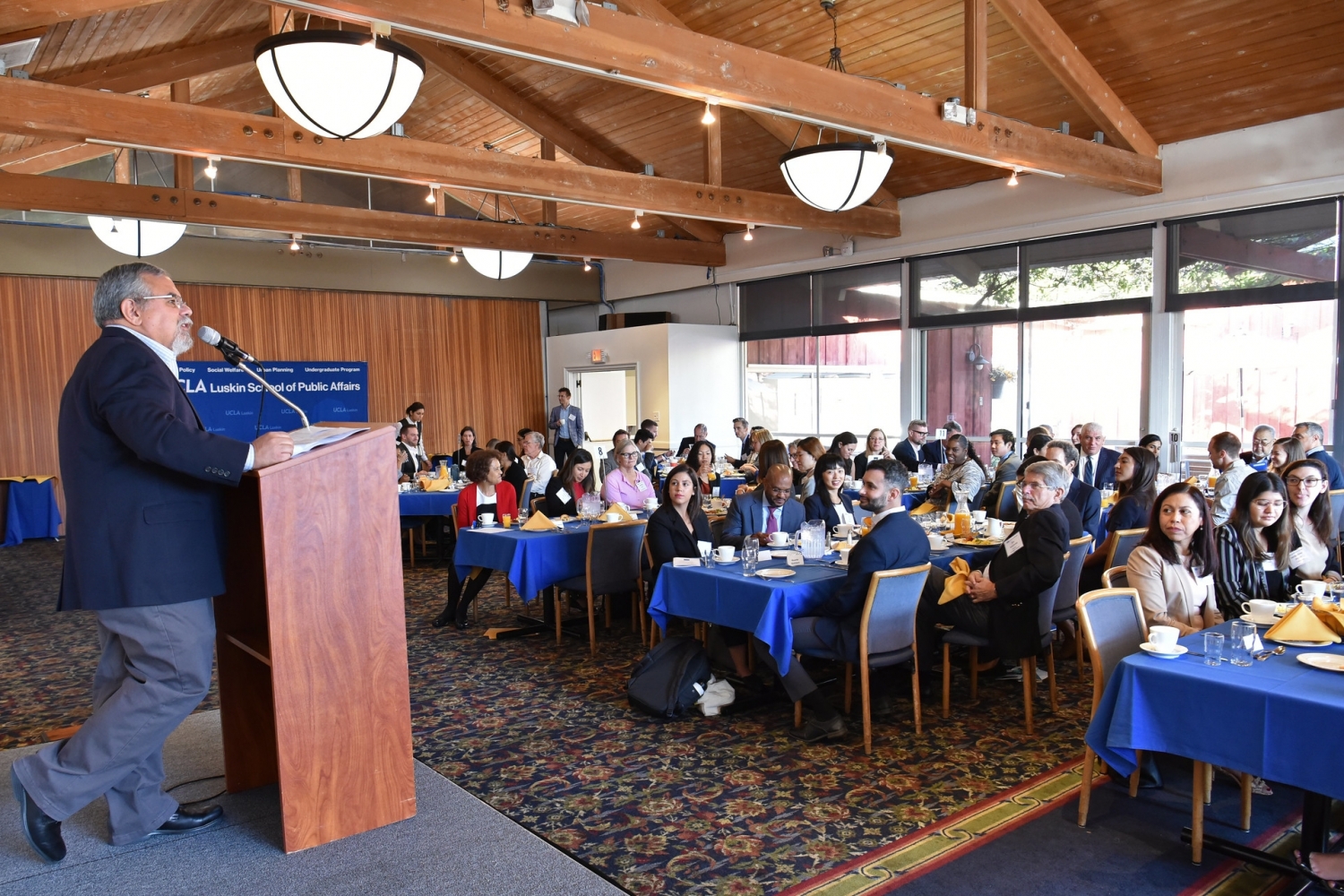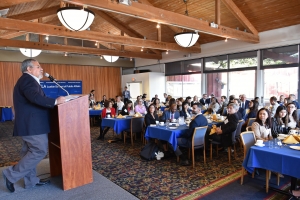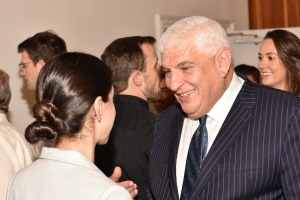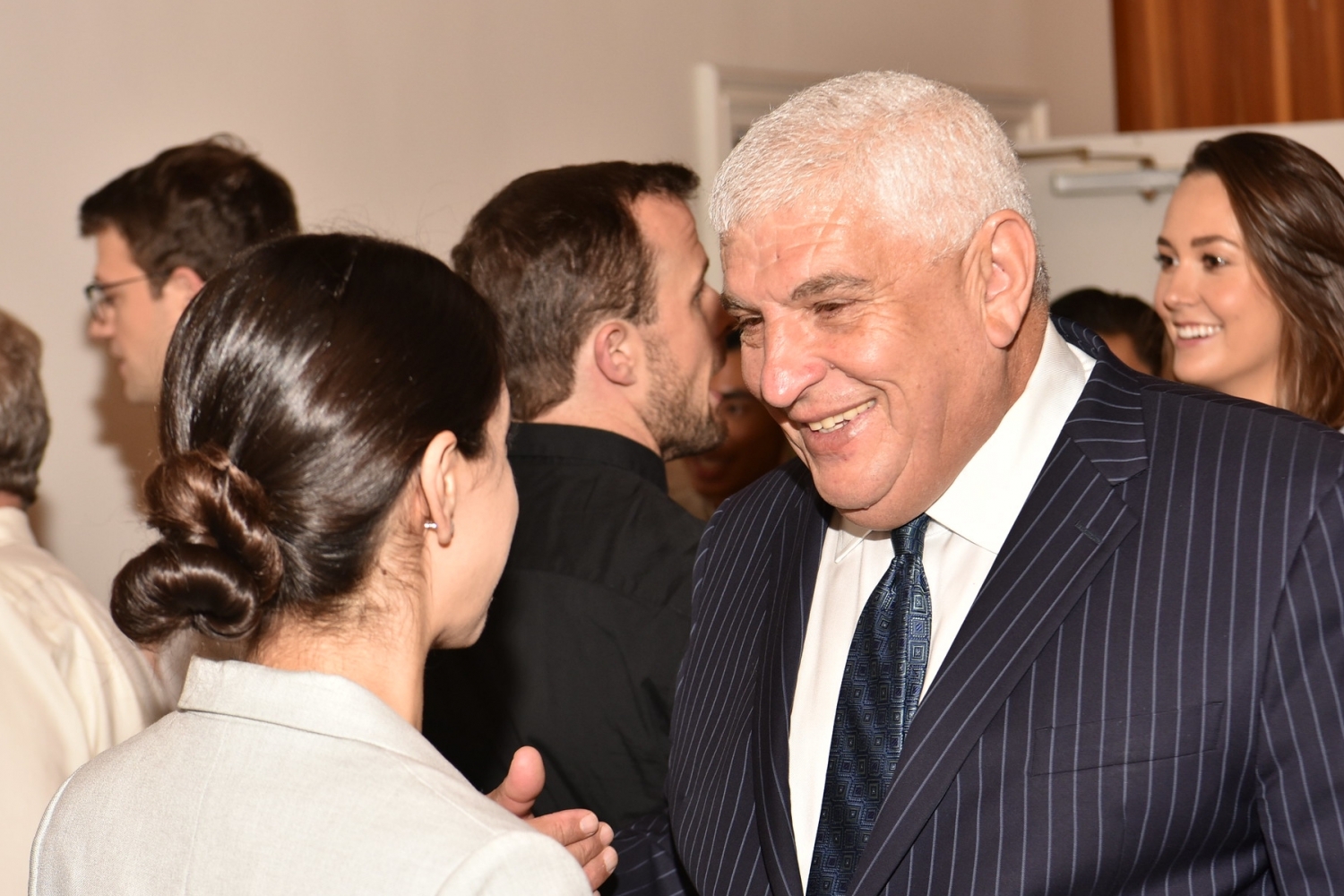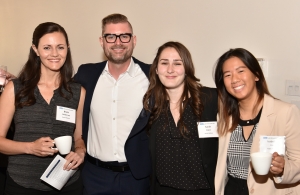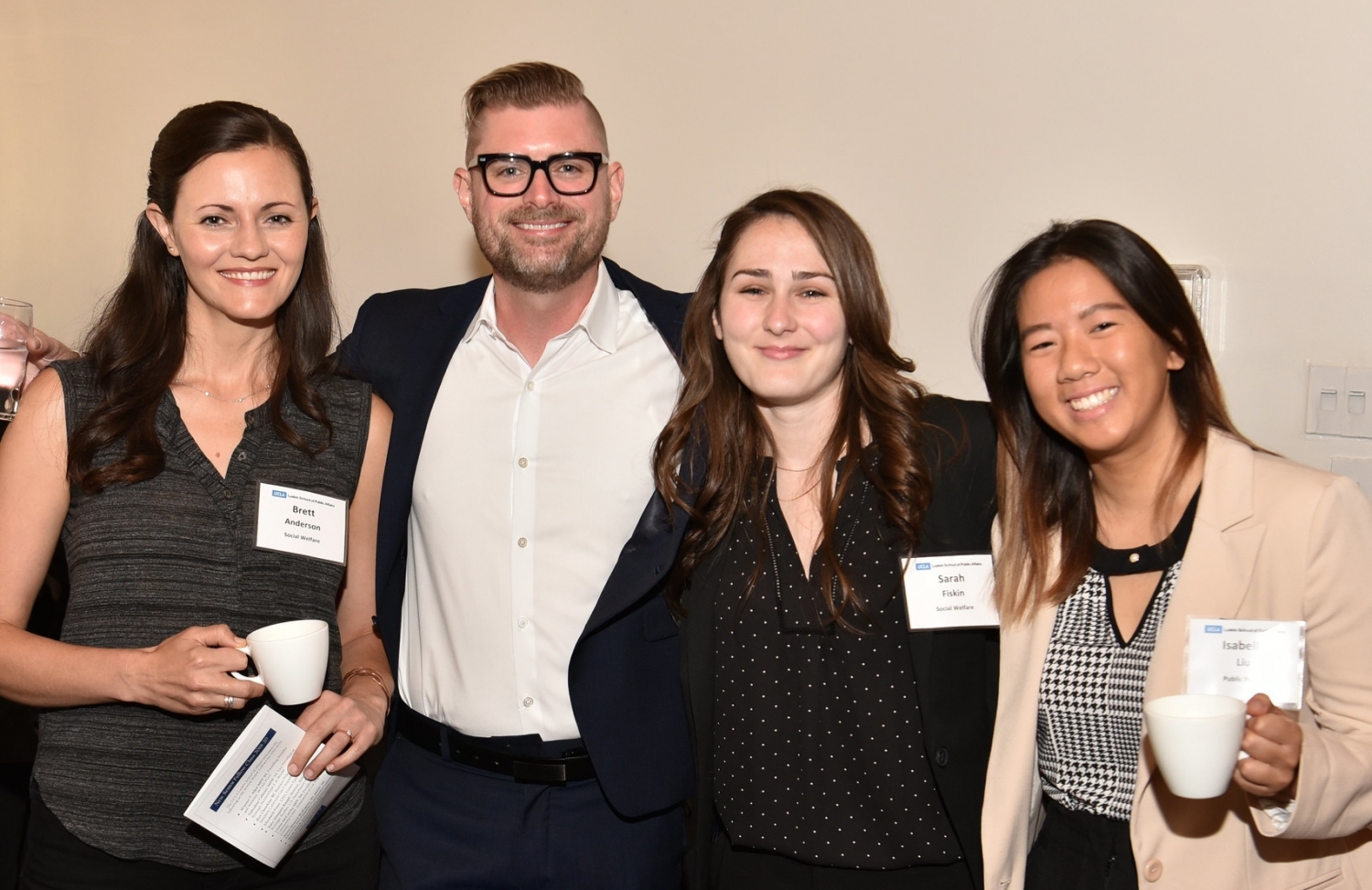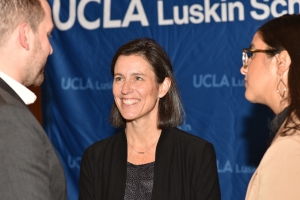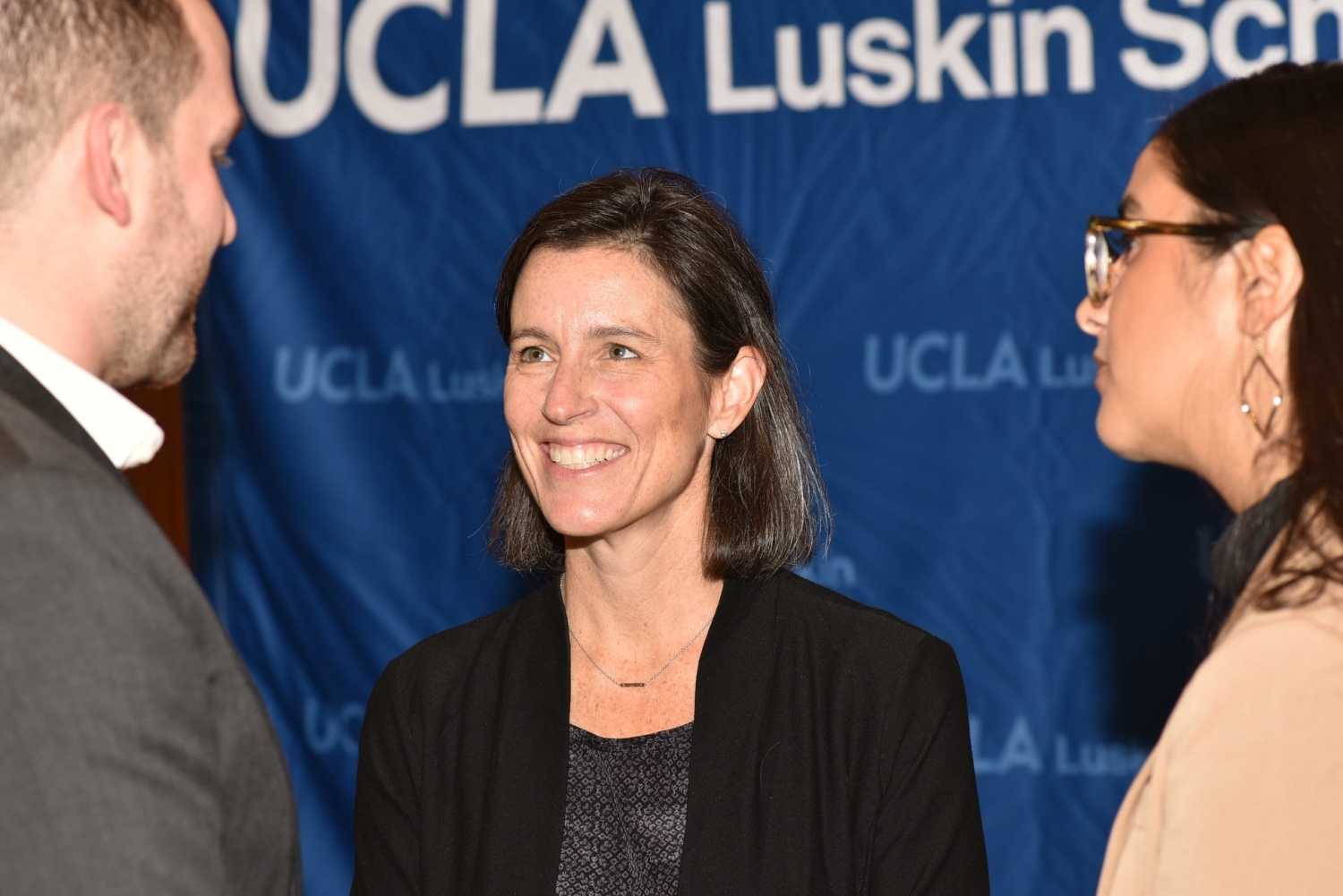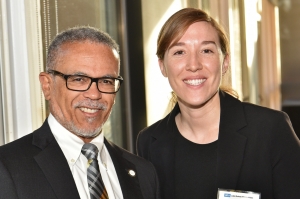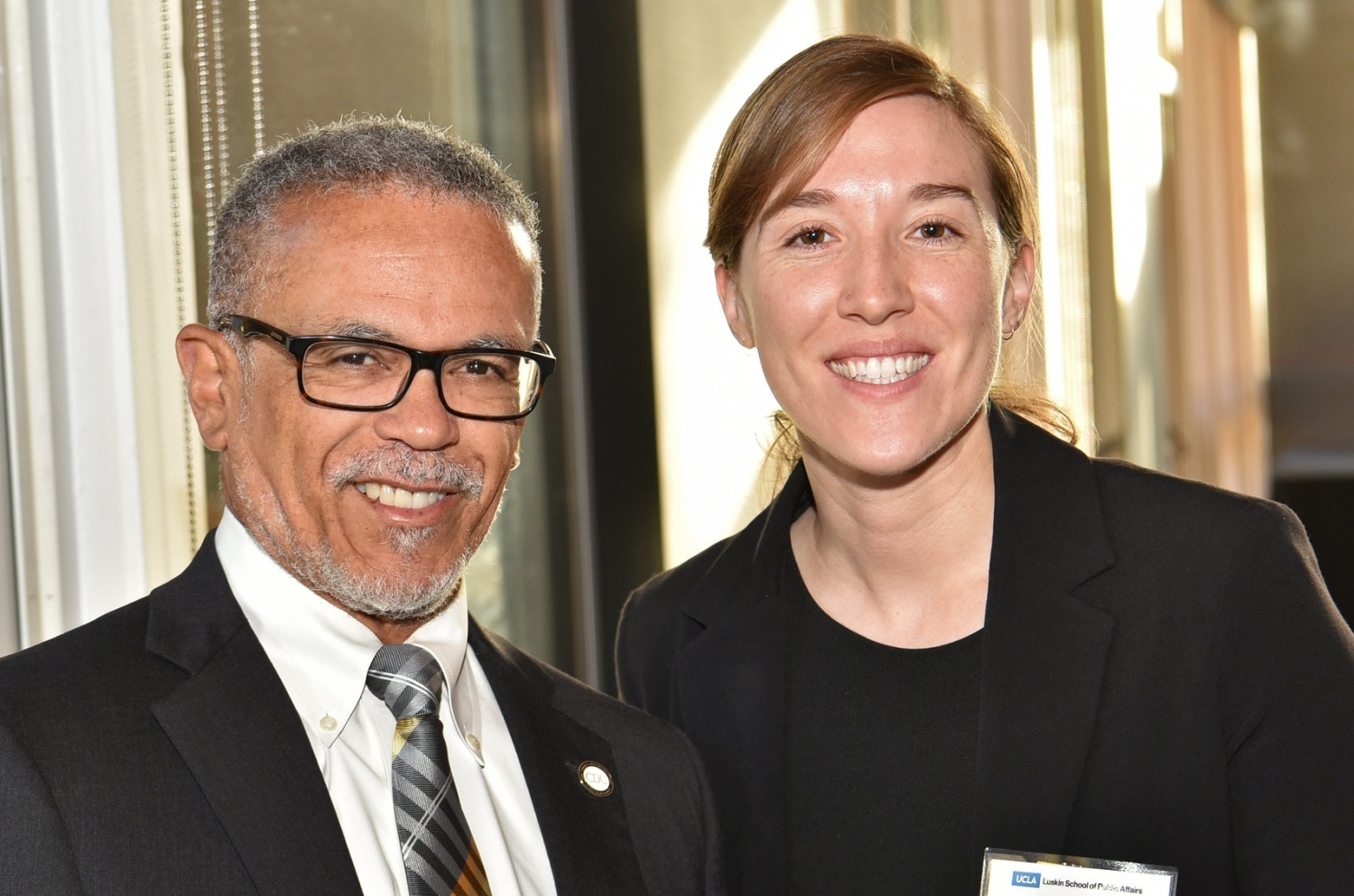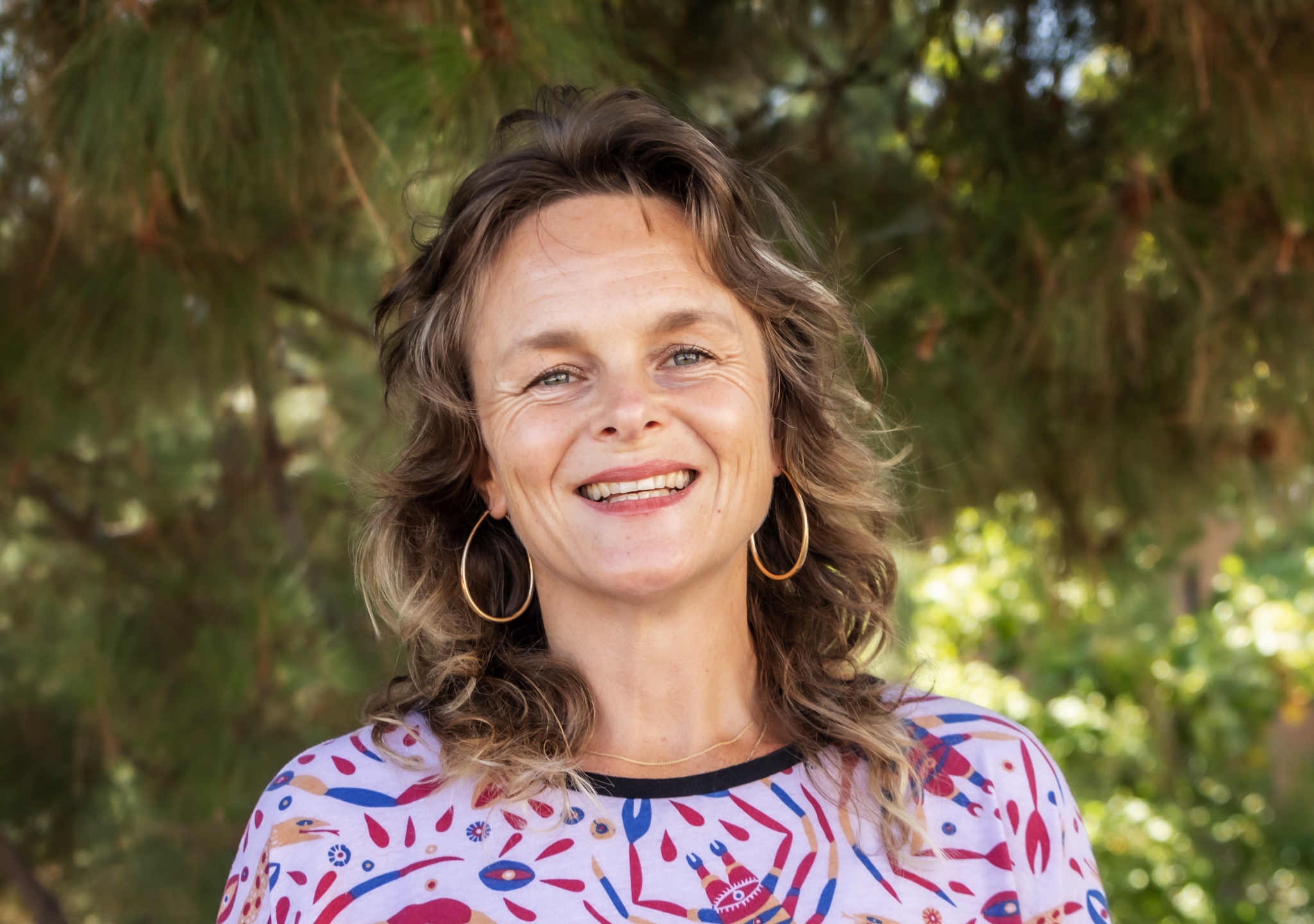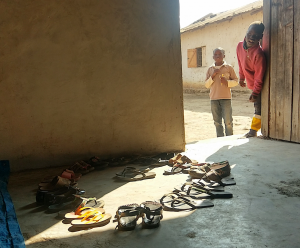Creating ‘Home’ in a City of Renters Panel discussion at UCLA Luskin highlights L.A. rental protections
Amid California’s ongoing housing and affordability crisis, numerous efforts are underway to protect tenants. But, they’re only as good as the enforcement behind them, as was made clear at a recent UCLA Luskin event.
Earlier this year, Gov. Gavin Newsom signed various tenant protections into law, including establishing statewide rent stabilization and just-cause eviction protections, and prohibiting discrimination against tenants with housing vouchers. Locally, other proposals like a right to counsel are being considered.
At the same time, numerous reports of landlords scurrying to evict tenants or drastically raise their rents before the new law goes into effect Jan. 1 have prompted cities across the state to enact emergency moratoriums.
Evictions, tenant protections and enforcement were among the topics at the Nov. 20 event designed to highlight the state’s persistent problem. “Eviction and Code Enforcement: Making Rental Housing ‘Home’” was part of the Housing, Equity and Community Series co-hosted by the UCLA Lewis Center for Regional Policy Studies and the Ziman Center for Real Estate.
Speakers included Michael Lens, associate faculty director at the Lewis Center, Chancela Al-Mansour, executive director of Housing Rights Center, and chief inspector Robert Galardi with the Los Angeles Housing and Community Investment Department which oversees multifamily rental units.
Lens, associate professor of urban planning and public policy, said academic research into evictions has not kept pace with community activists.
“This is an area in which advocates and tenants’ rights groups have been working, agitating and talking about the plight of people who have been displaced from their homes for a very long time,” he said.
Part of the reason academia might be behind is that eviction data are hard to come by. “Data is spotty and incomplete. We have some very specific data on evictions that doesn’t give you every type of eviction,” Lens said.
In a forthcoming research paper, Lens and his team reviewed more than 700,000 court-based eviction cases in Southern California between 2005 and 2015 to ascertain what types of neighborhoods see more evictions. They found that neighborhoods with higher populations of African Americans and higher poverty rates saw high rates of eviction.
A separate study currently underway is focusing on two types of evictions in Los Angeles — court-based evictions and no-fault, otherwise known as Ellis Act eviction petitions.
The L.A. study has not produced as consistent a story because Ellis Act evictions are harder to predict, Lens said. Regardless, city and county officials should be monitoring these data on a regular basis to focus on what neighborhoods are seeing growth in evictions, he added.
Al-Mansour of Housing Rights Center helped the audience to understand the human impact of these evictions.
She shared the story of an African American client who had been using Section 8 vouchers for housing for 20 years in South LA. When new owners took over the building, they issued a 90-day eviction notice to everyone using the vouchers. It took her client longer than anticipated to find someplace that would accept her voucher, but she lost her new unit when the paperwork failed to arrive after being mistakenly sent to the old address. She quickly went from living in her car to living on the streets and suffering abuse.
“She’s now suffering from severe mental trauma and will be very, very hard to house,” Al-Mansour said. “If this law would have been in effect 18 months earlier, this wouldn’t have happened.”
Al-Mansour also shared information about various rights held by tenants, including a right to withhold rent to ensure habitable premises. She also discussed a variety of landlord disclosure laws that could nullify a rental contract when violated.
“Oftentimes, people don’t know their rights; they just know something is wrong,” she said, adding that those in the audience should be ambassadors and share what they’re learning with their neighbors and communities.
Los Angeles, where 70% of people rent, has one of the strongest code enforcement programs. Unlike other cities, L.A. enforces penalties against owners for citations and violations.
Started in 1997, the city’s code enforcement program proactively inspects all multifamily rental units in the city every few years.
Galardi gave an overview of the city’s inspection program, which is housed in the Housing and Community Investment Department. More than 100,000 rental properties comprise about 850,000 multifamily rental units in the city. The program’s goal is to inspect each unit once every four years, but the department looks more often at some high-risk units that have had issues and citations during previous inspections, Galardi said.
“The benefit of this program for tenants is that this is a proactive inspection,” Galardi said. “That takes the burden off the tenant in terms of [fear of] retaliation, which is a big concern for renters in the city.”
Code enforcement also builds in follow-up visits to ensure that necessary repairs are addressed by landlords.
As a mechanism of tenant protection, Galardi said code enforcement inspectors are the “boots on the ground going to the units” and raising awareness among tenants about their rights.
To view a recording of the event, visit the Lewis Center’s YouTube page.
View additional photos on the UCLA Luskin Flickr channel:
